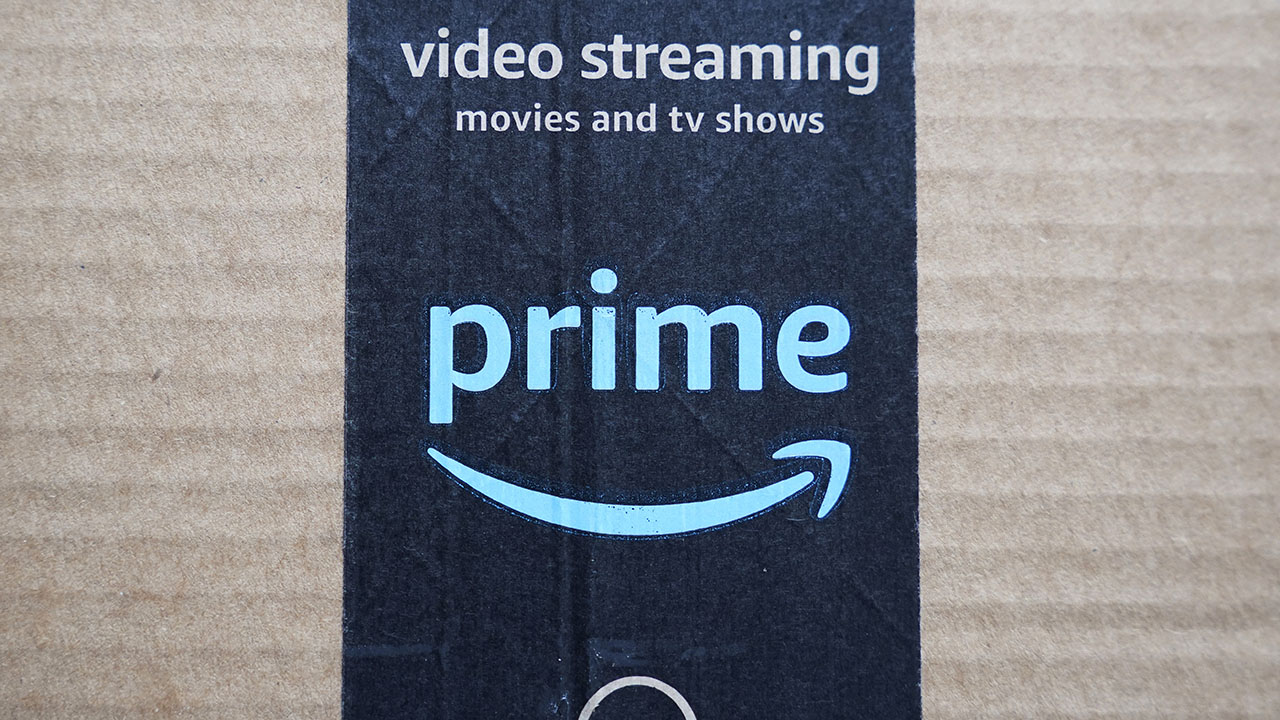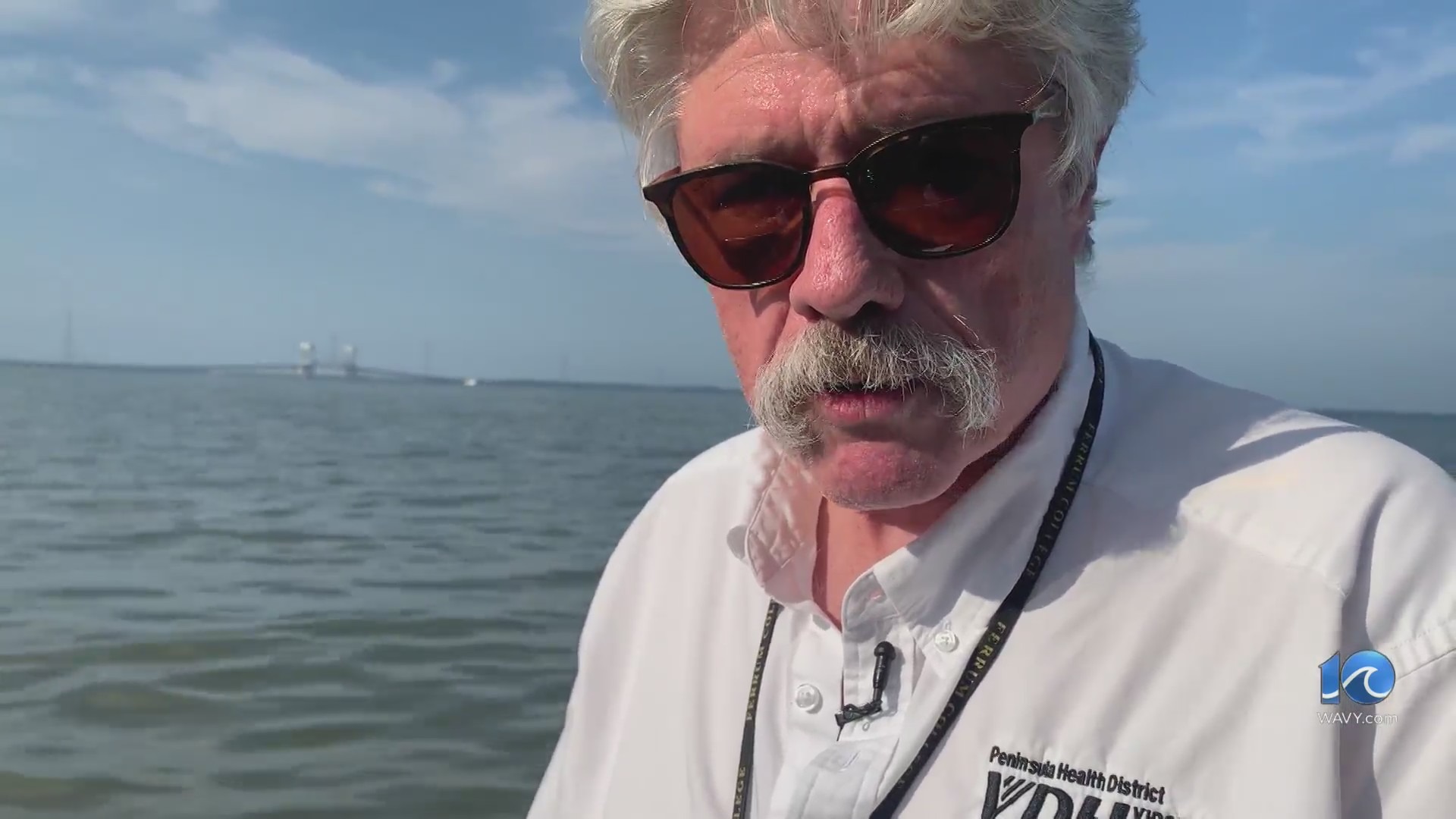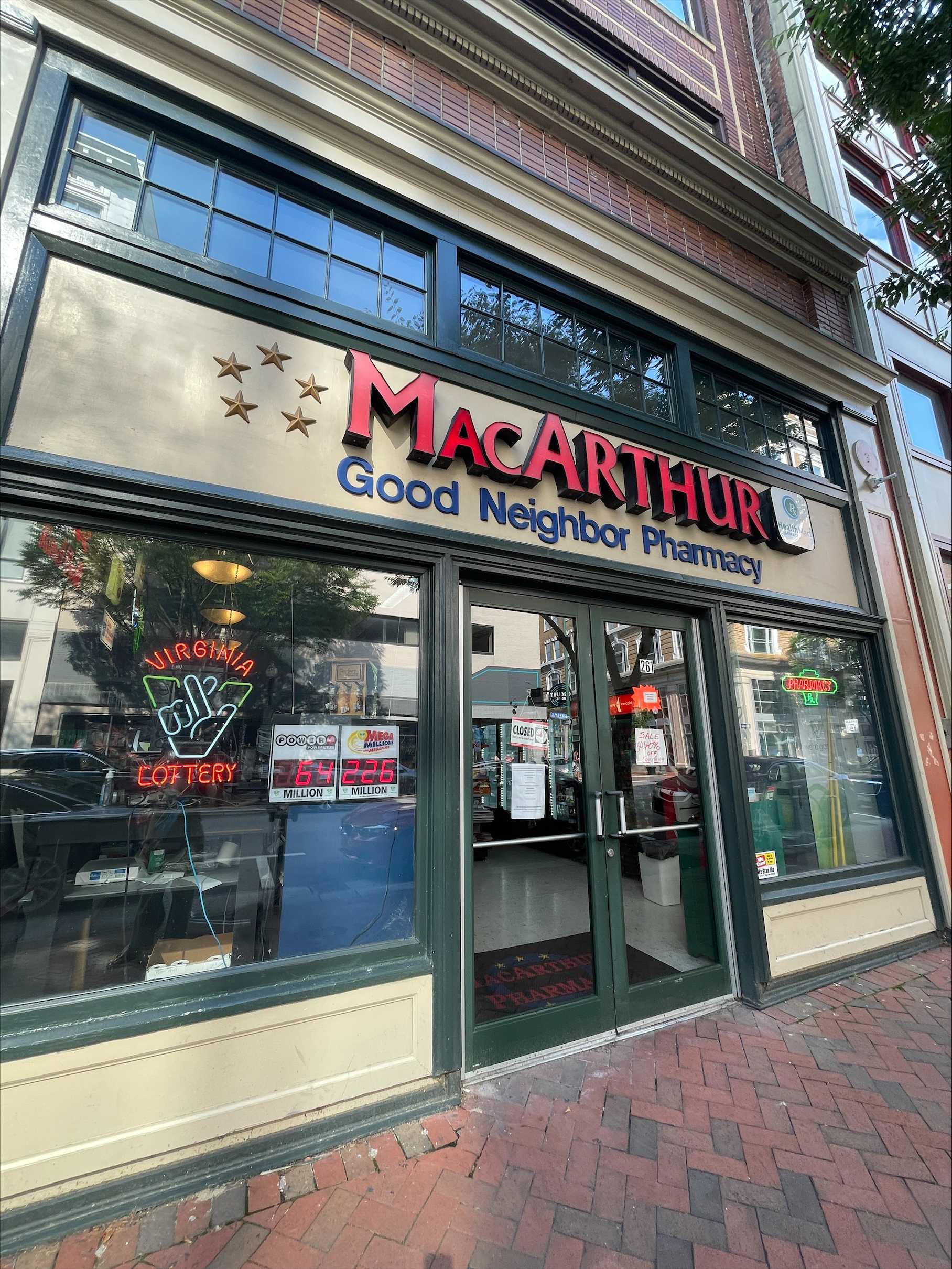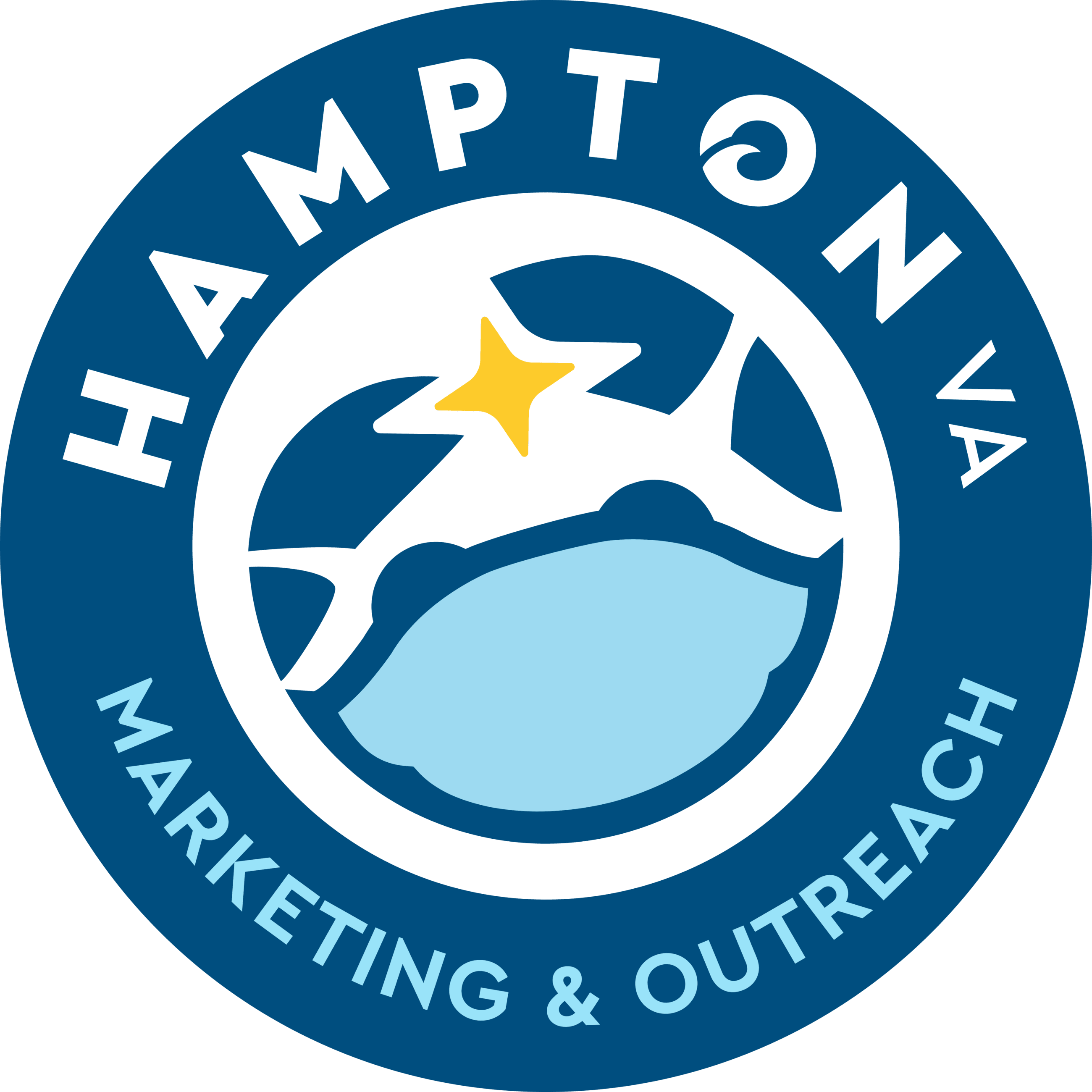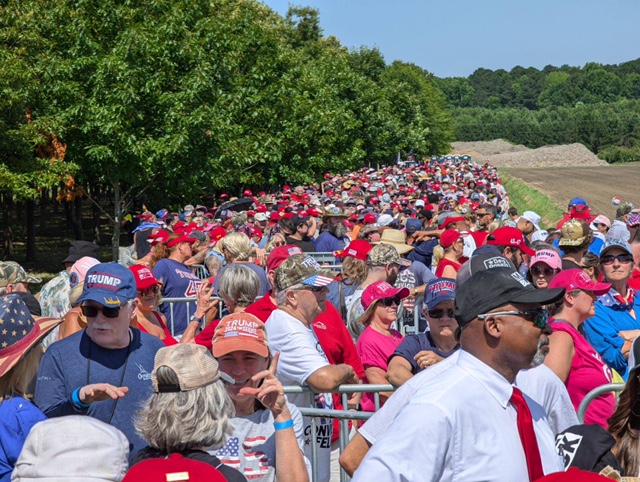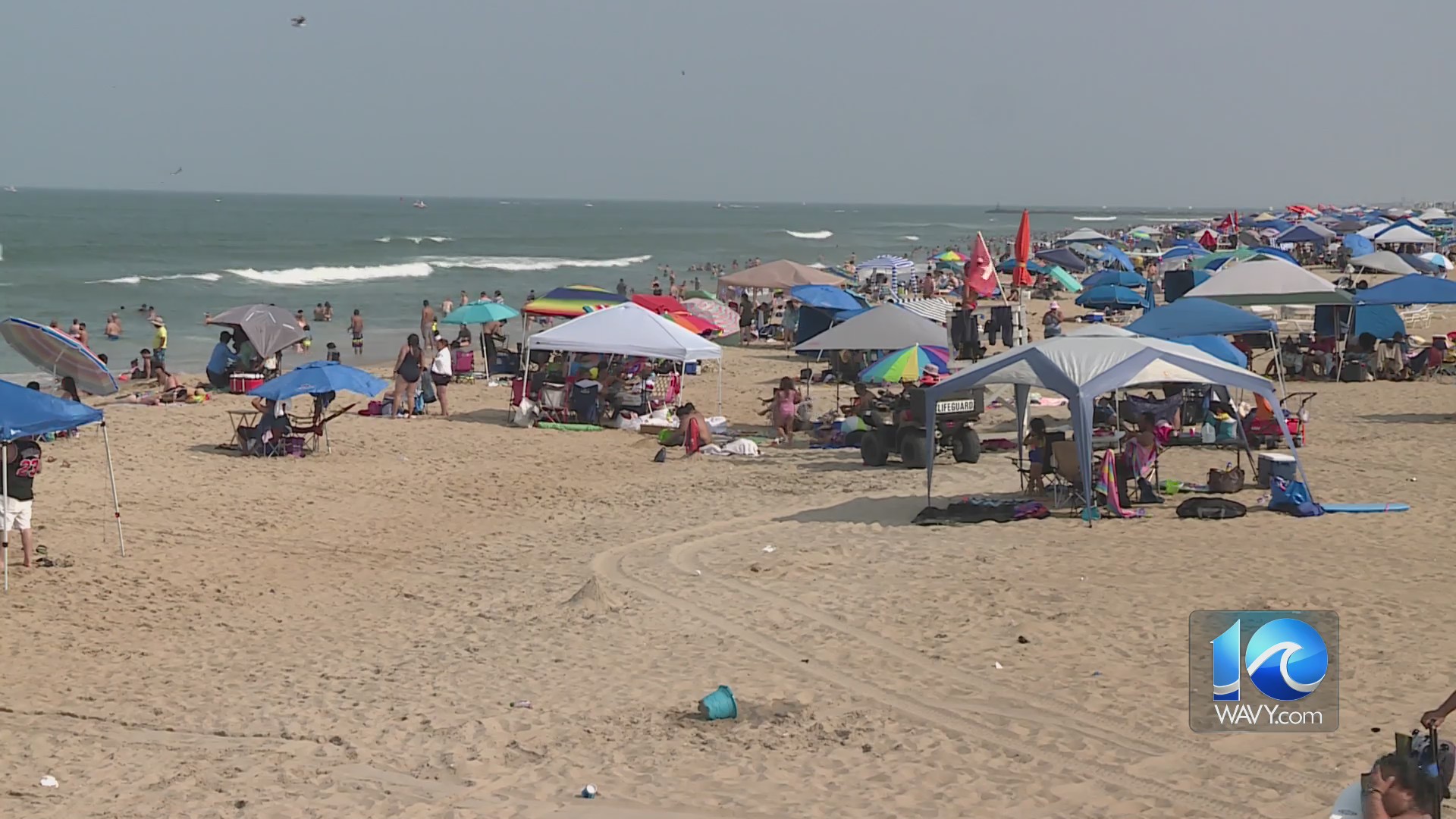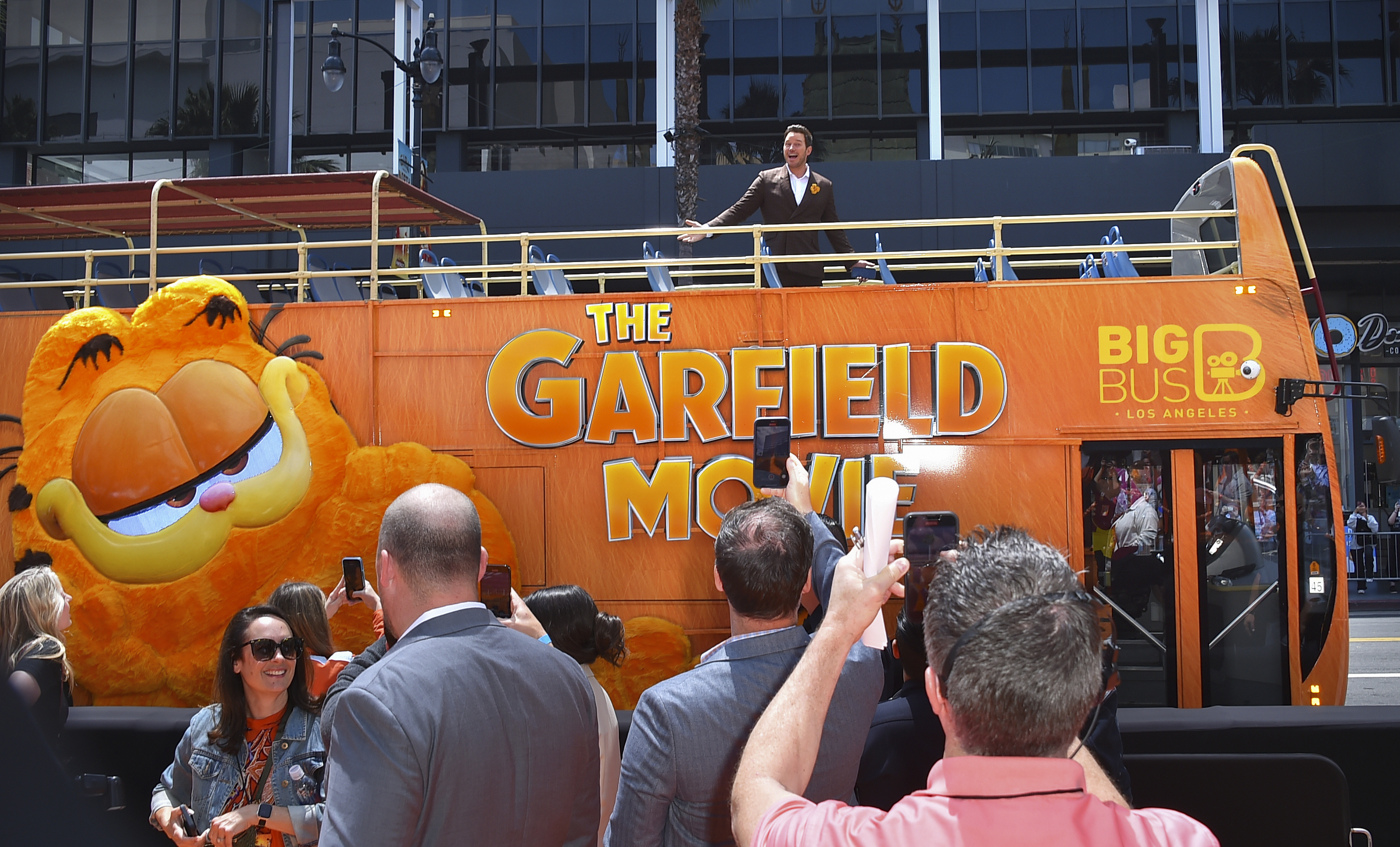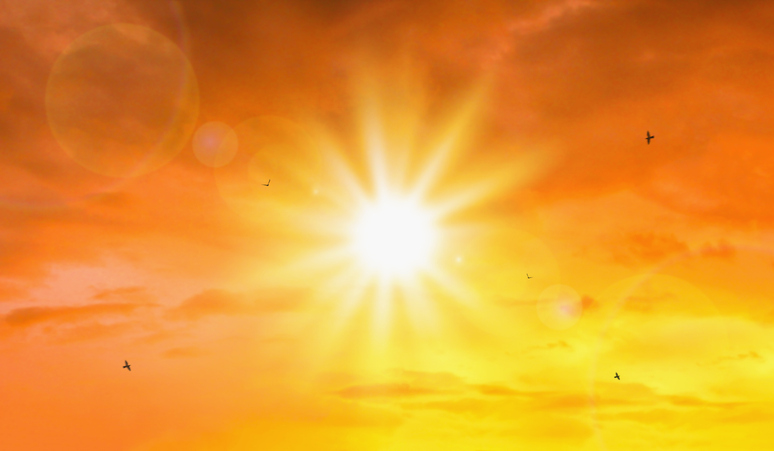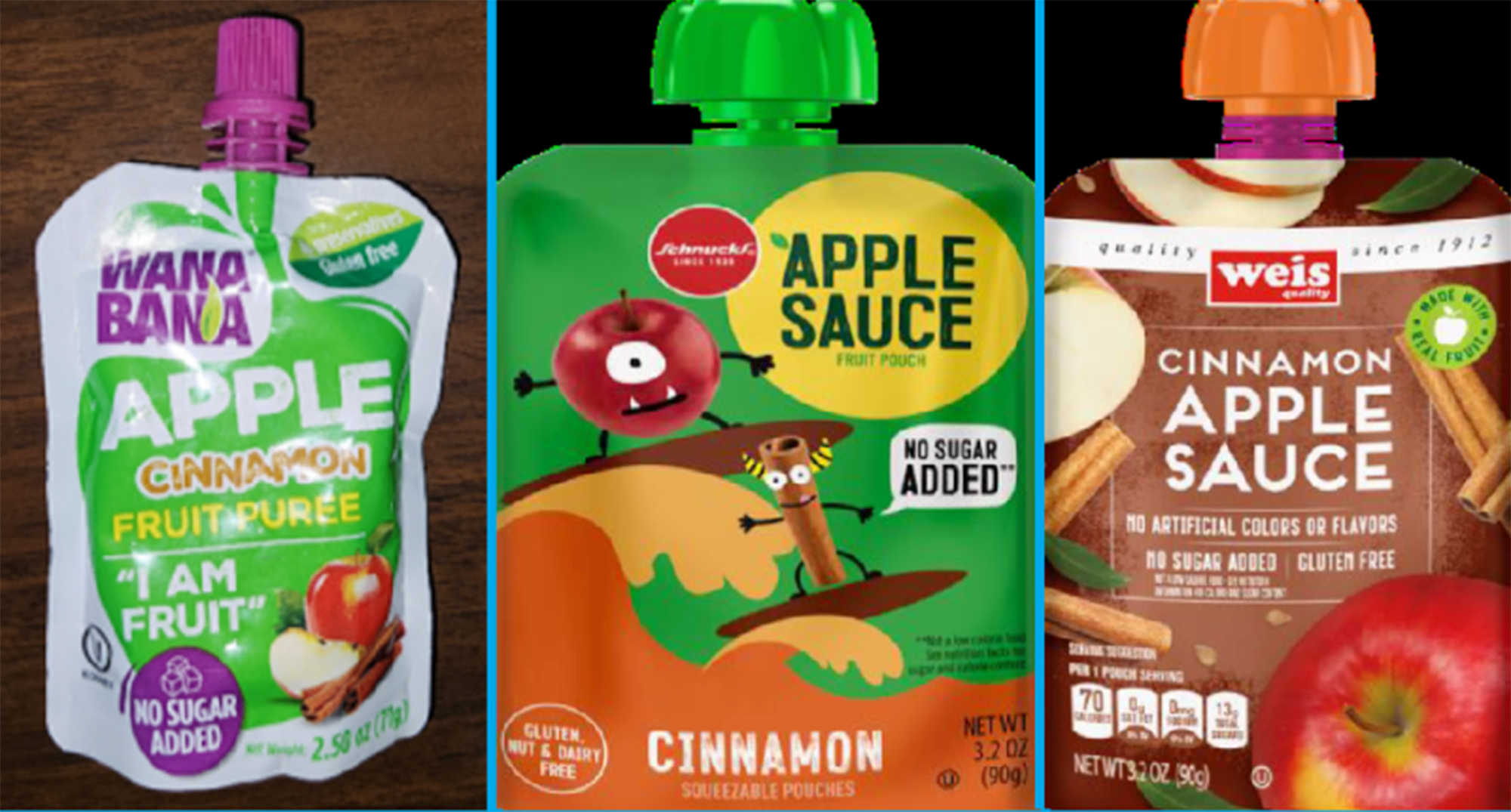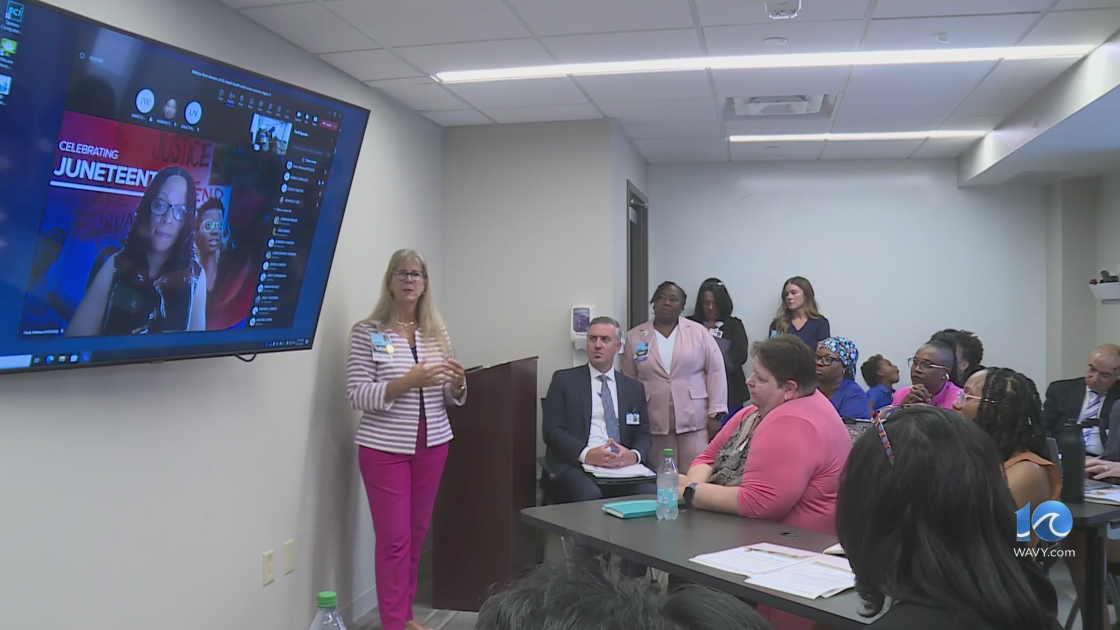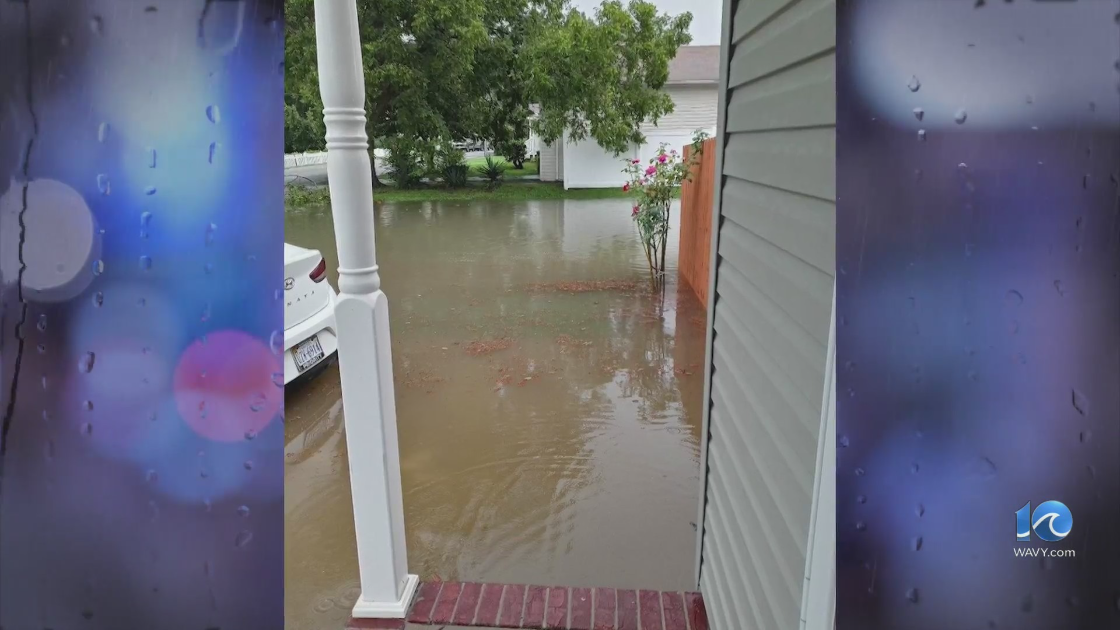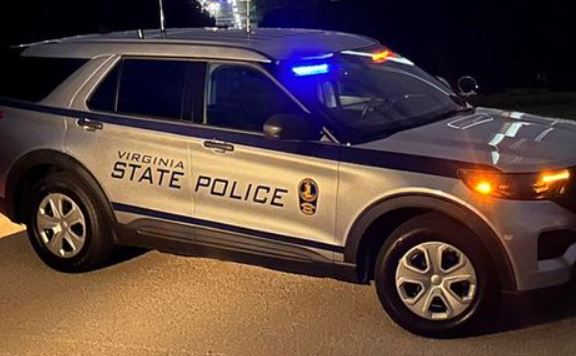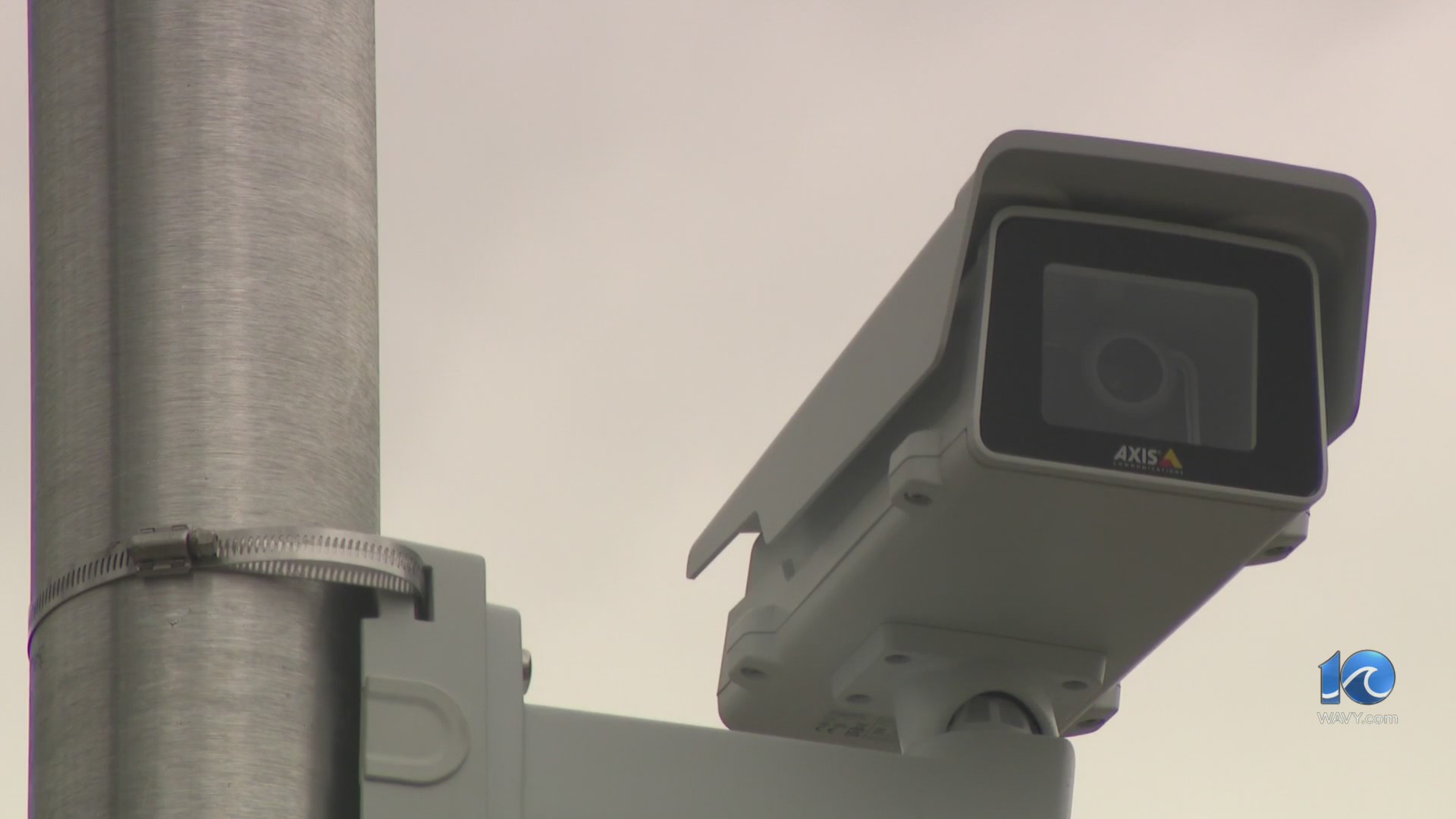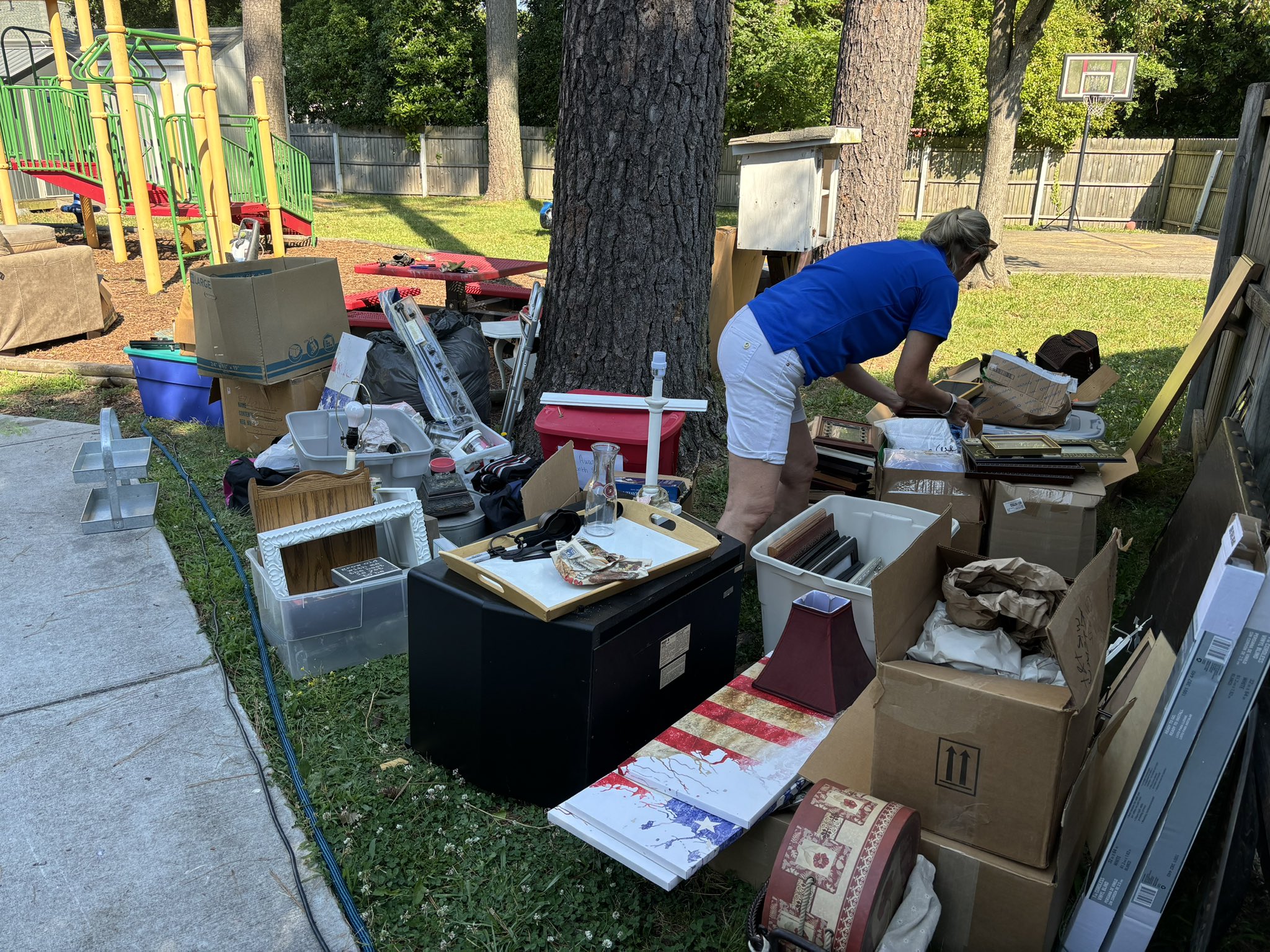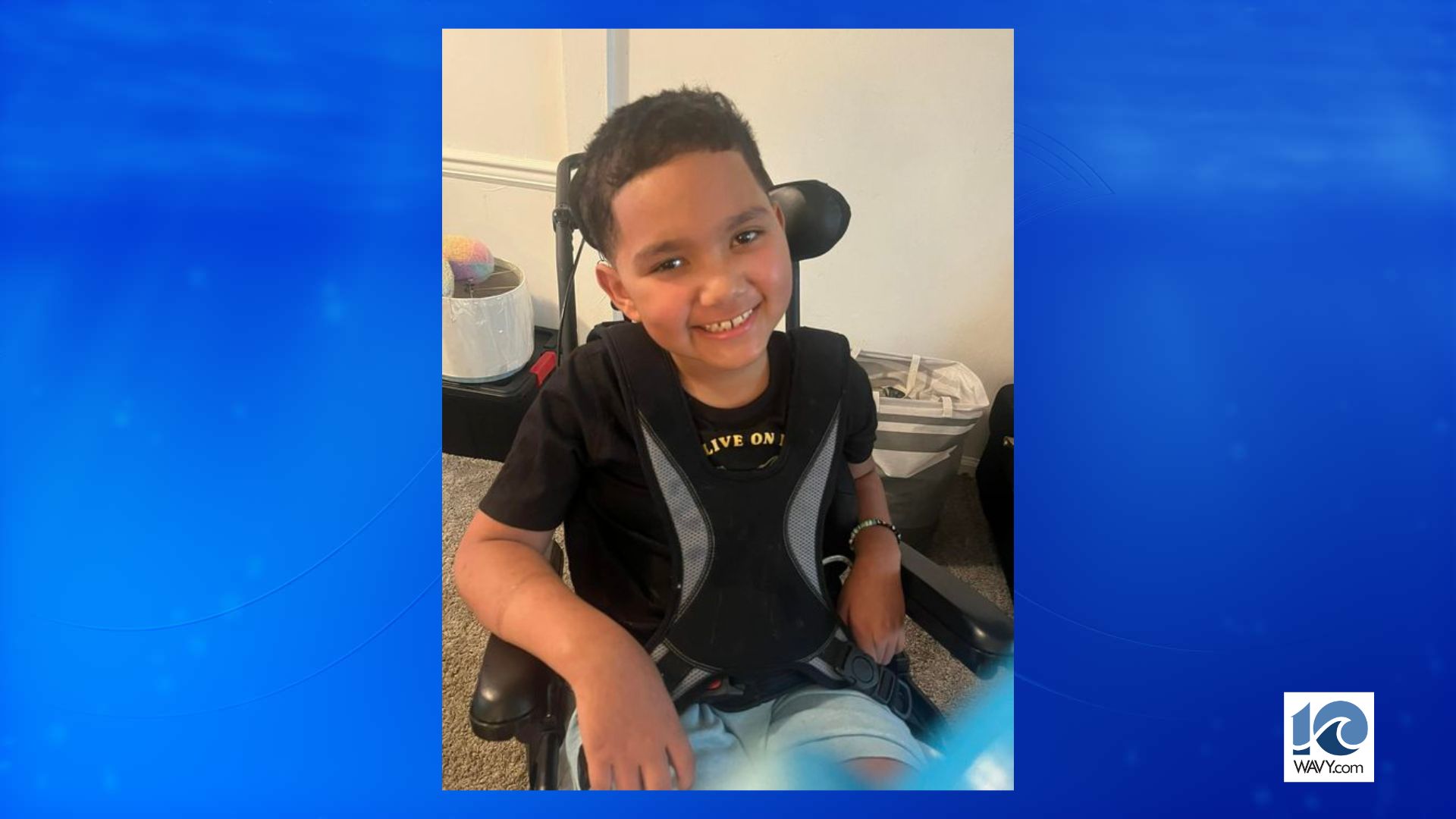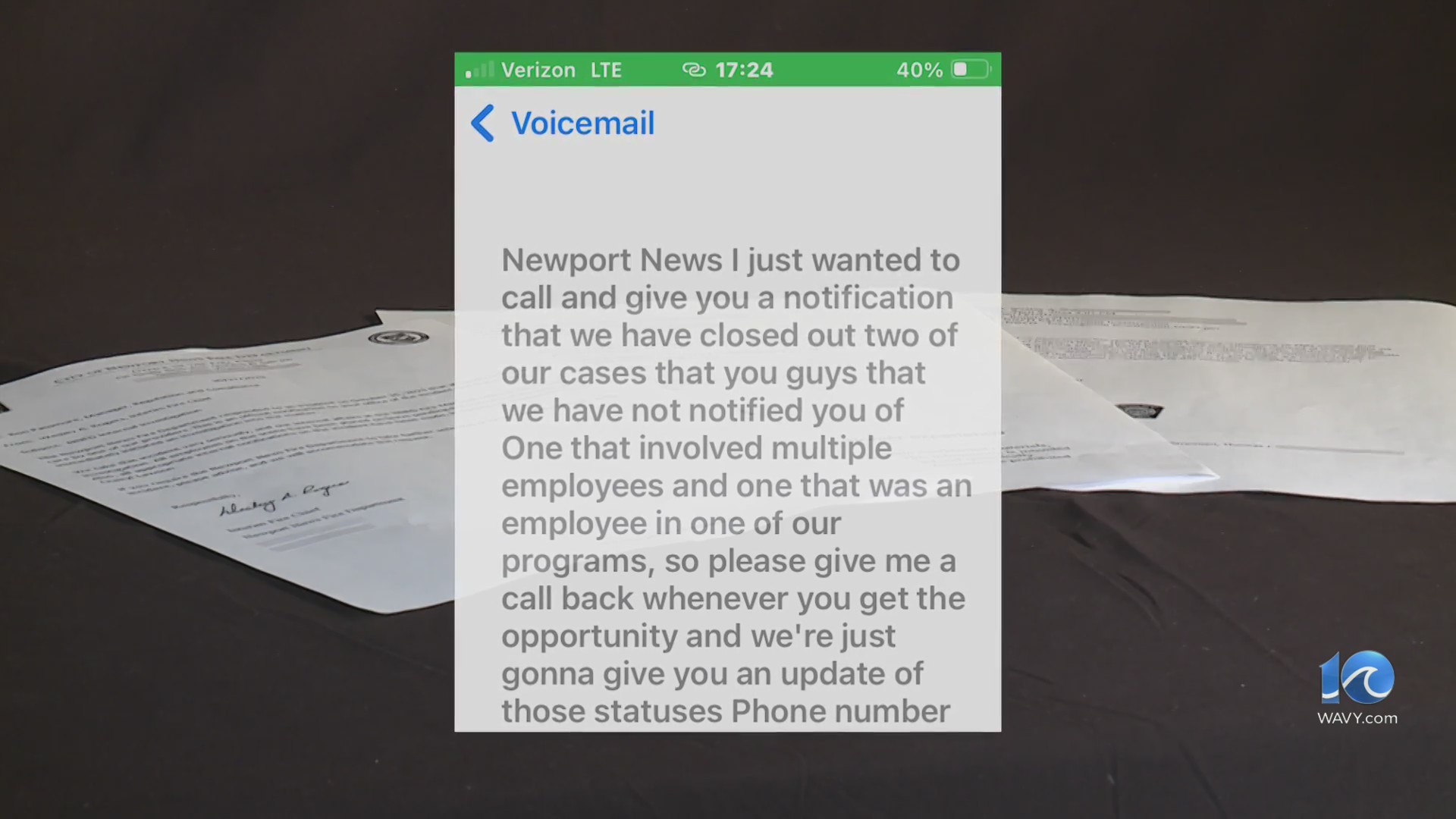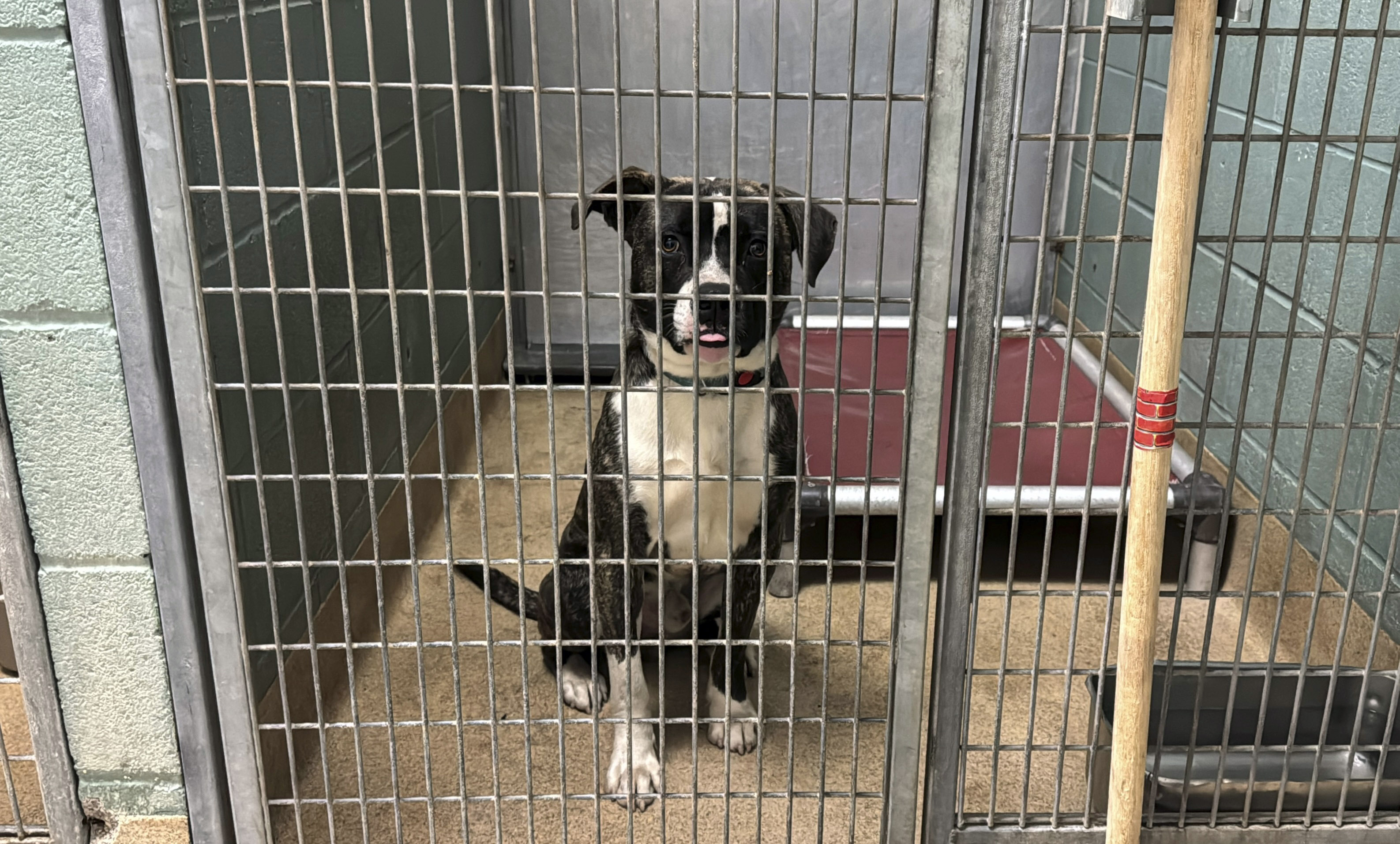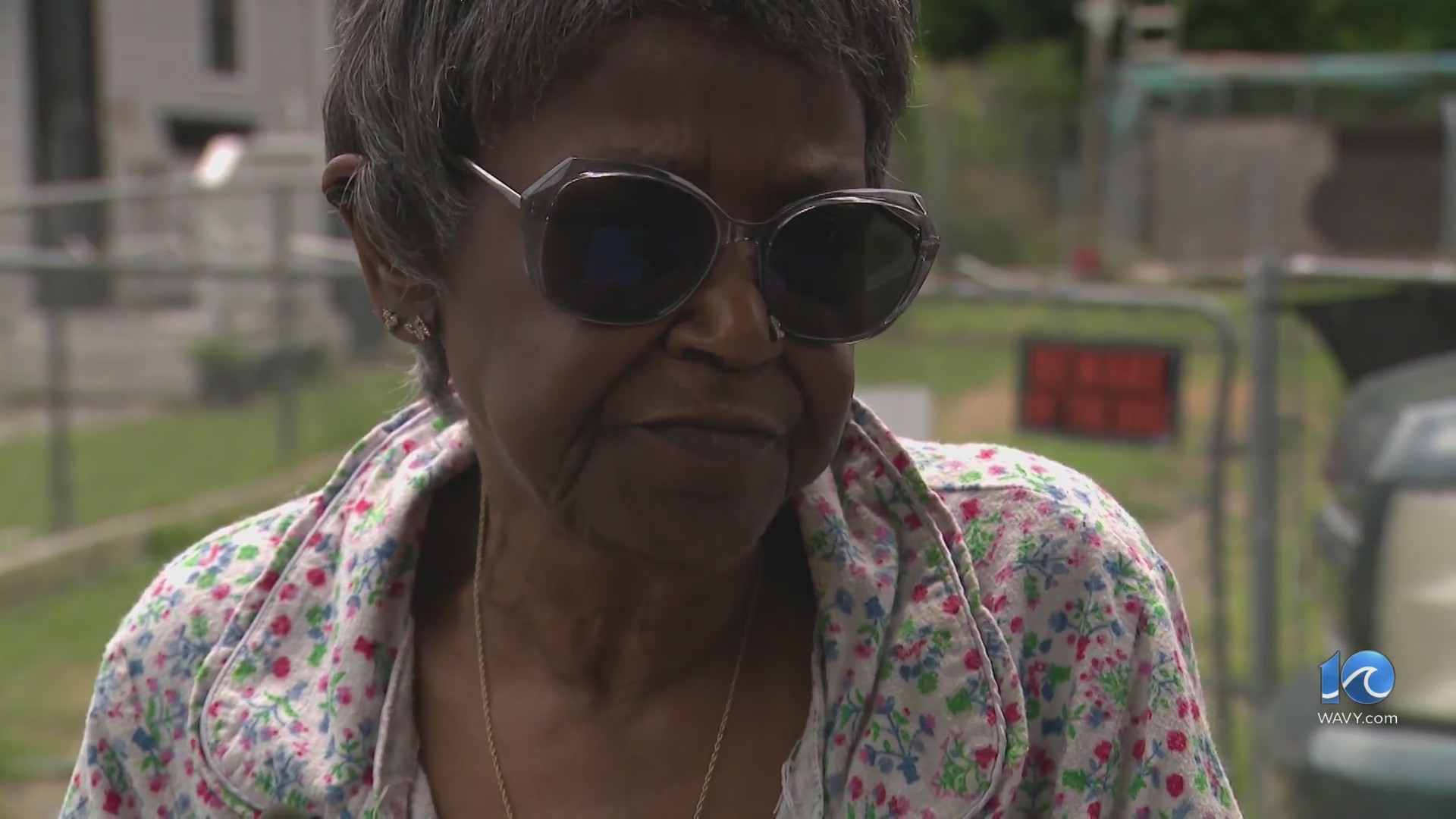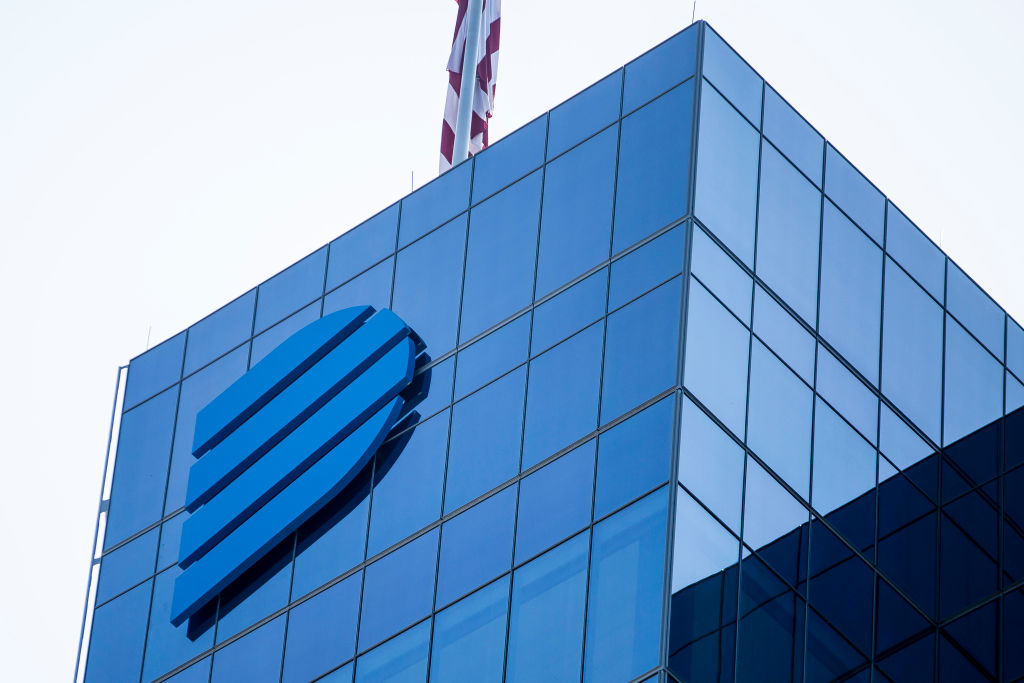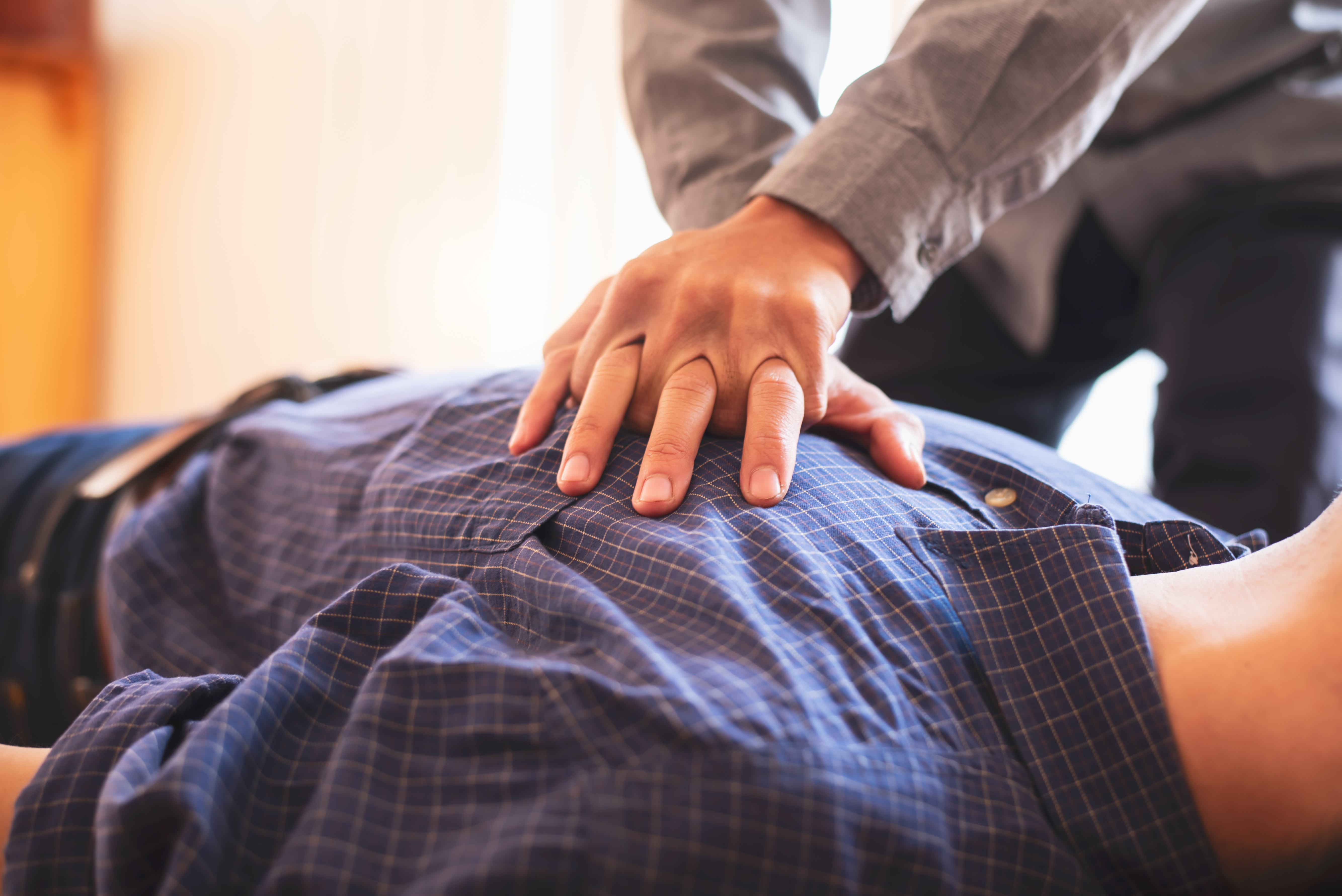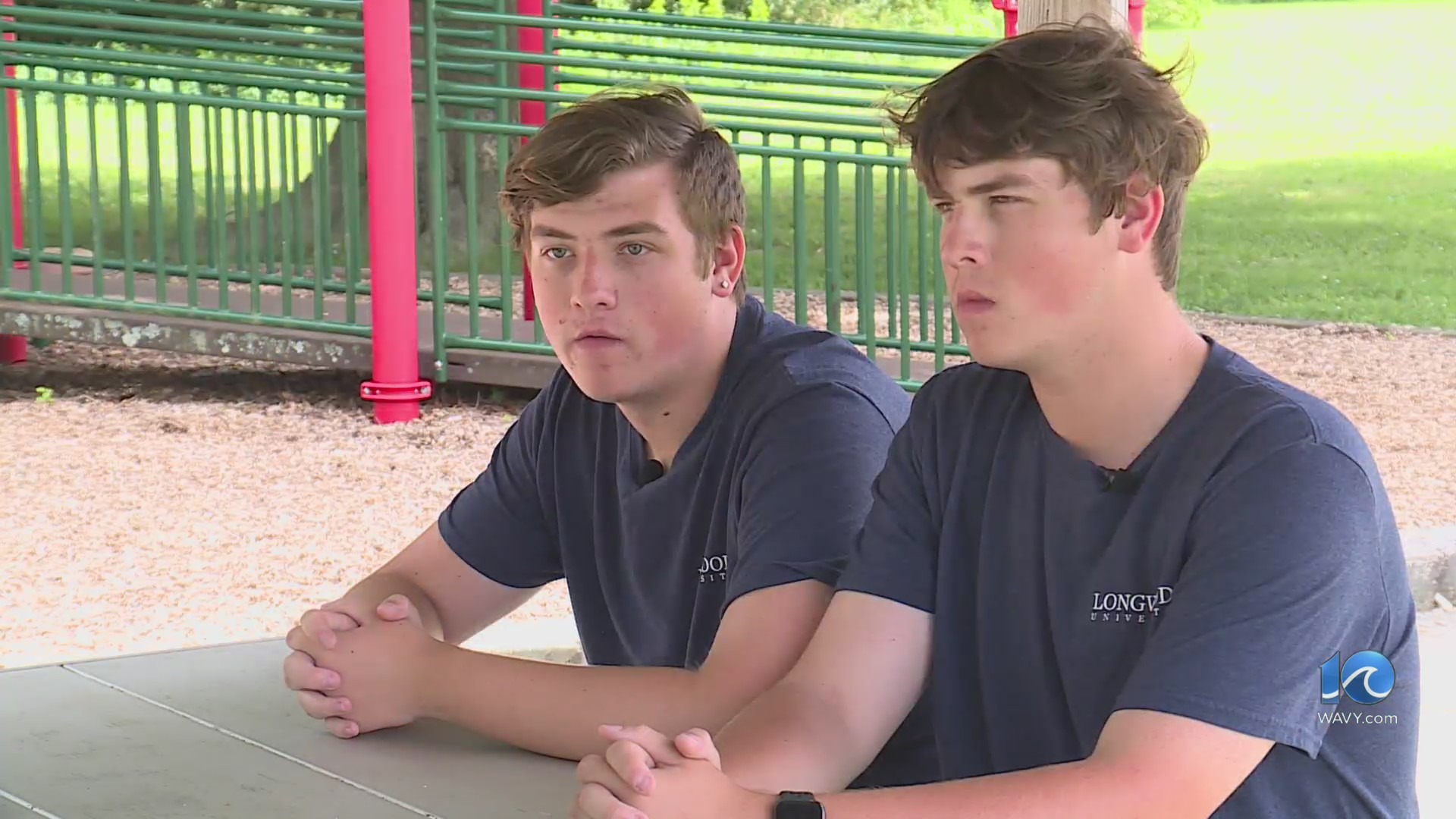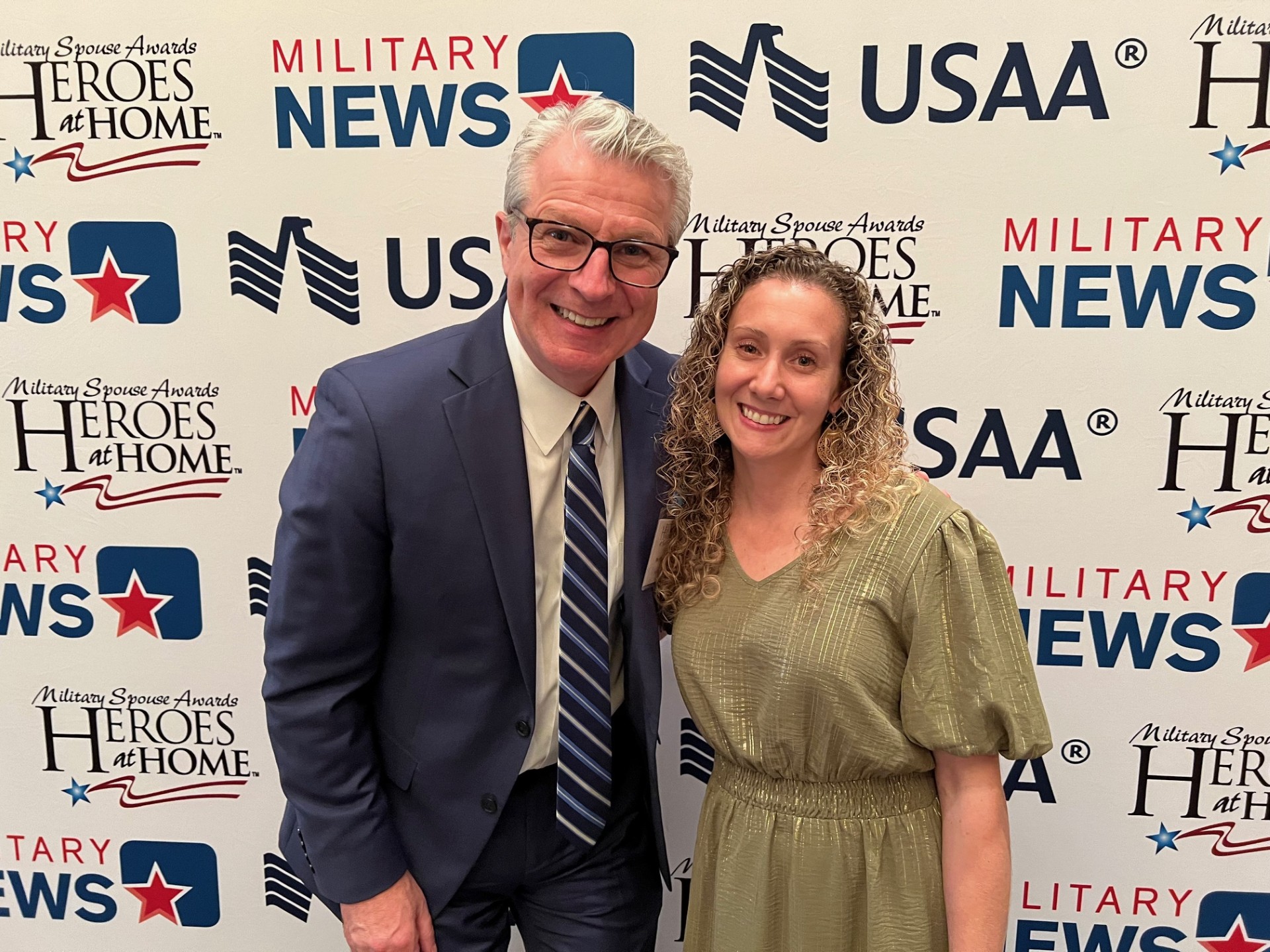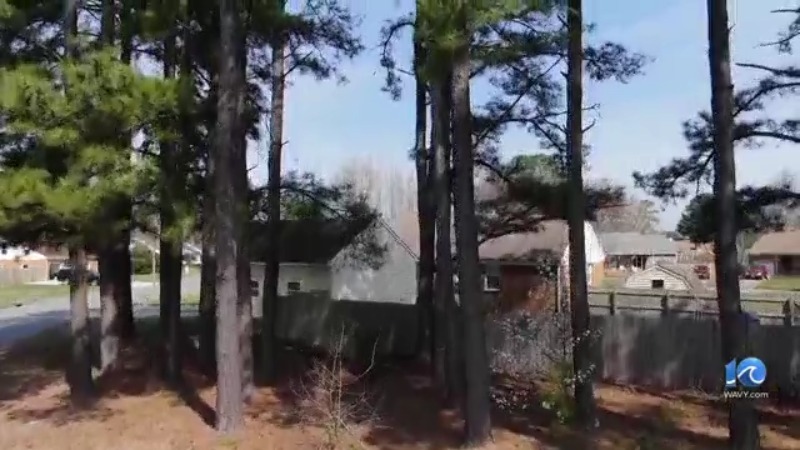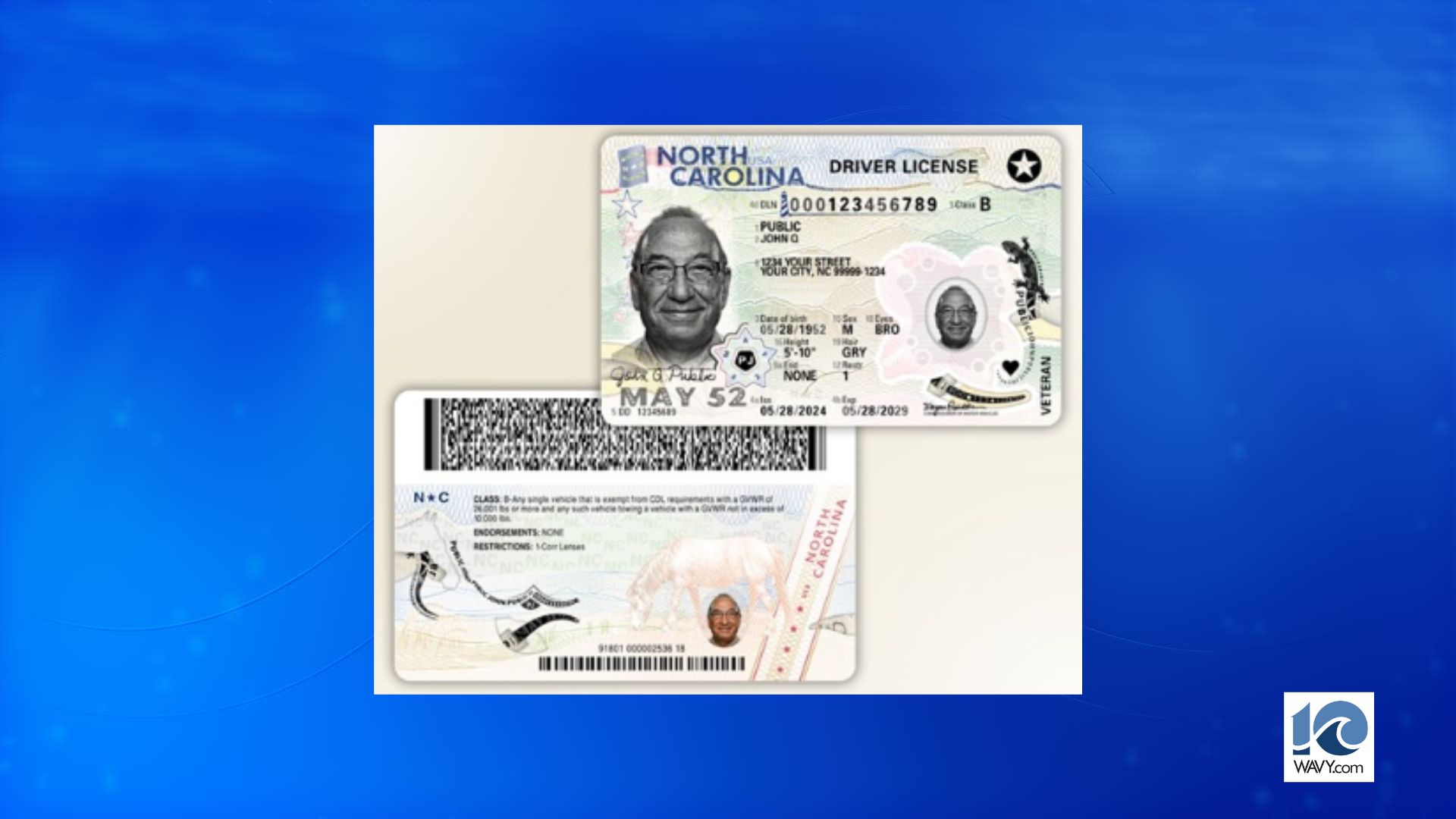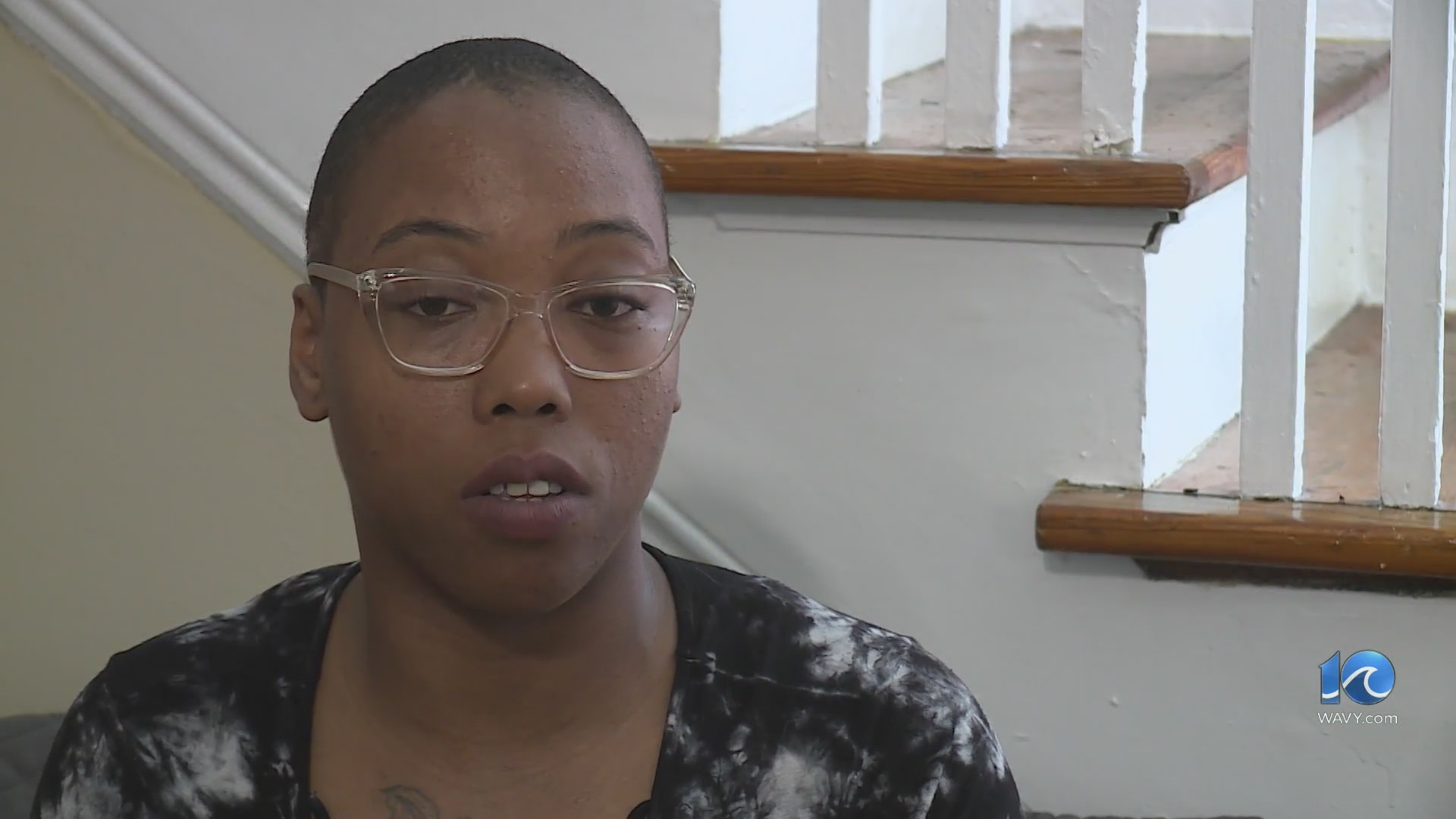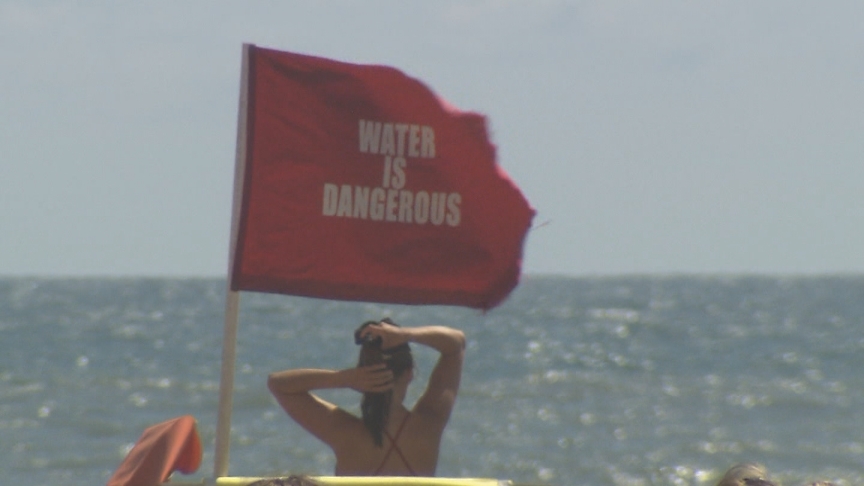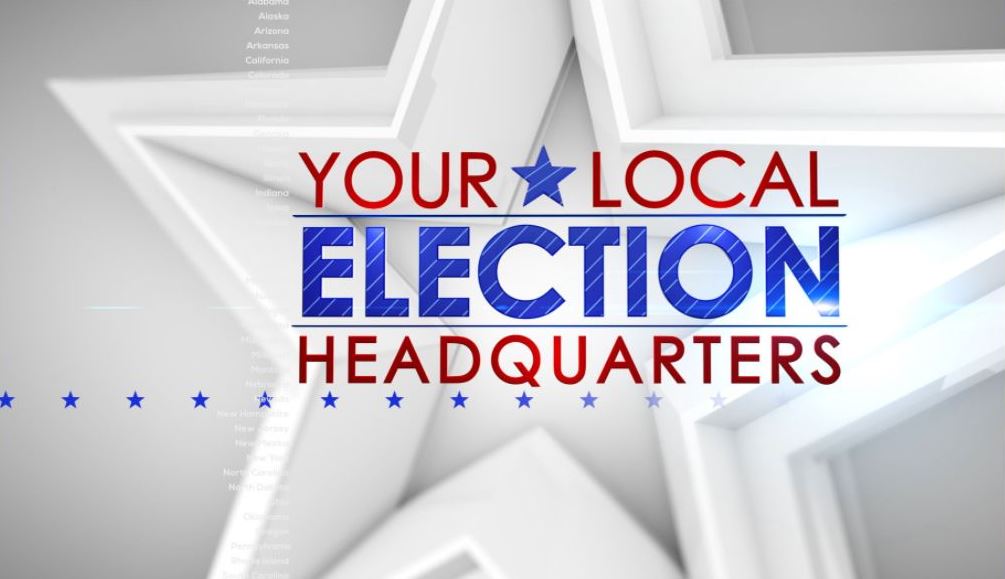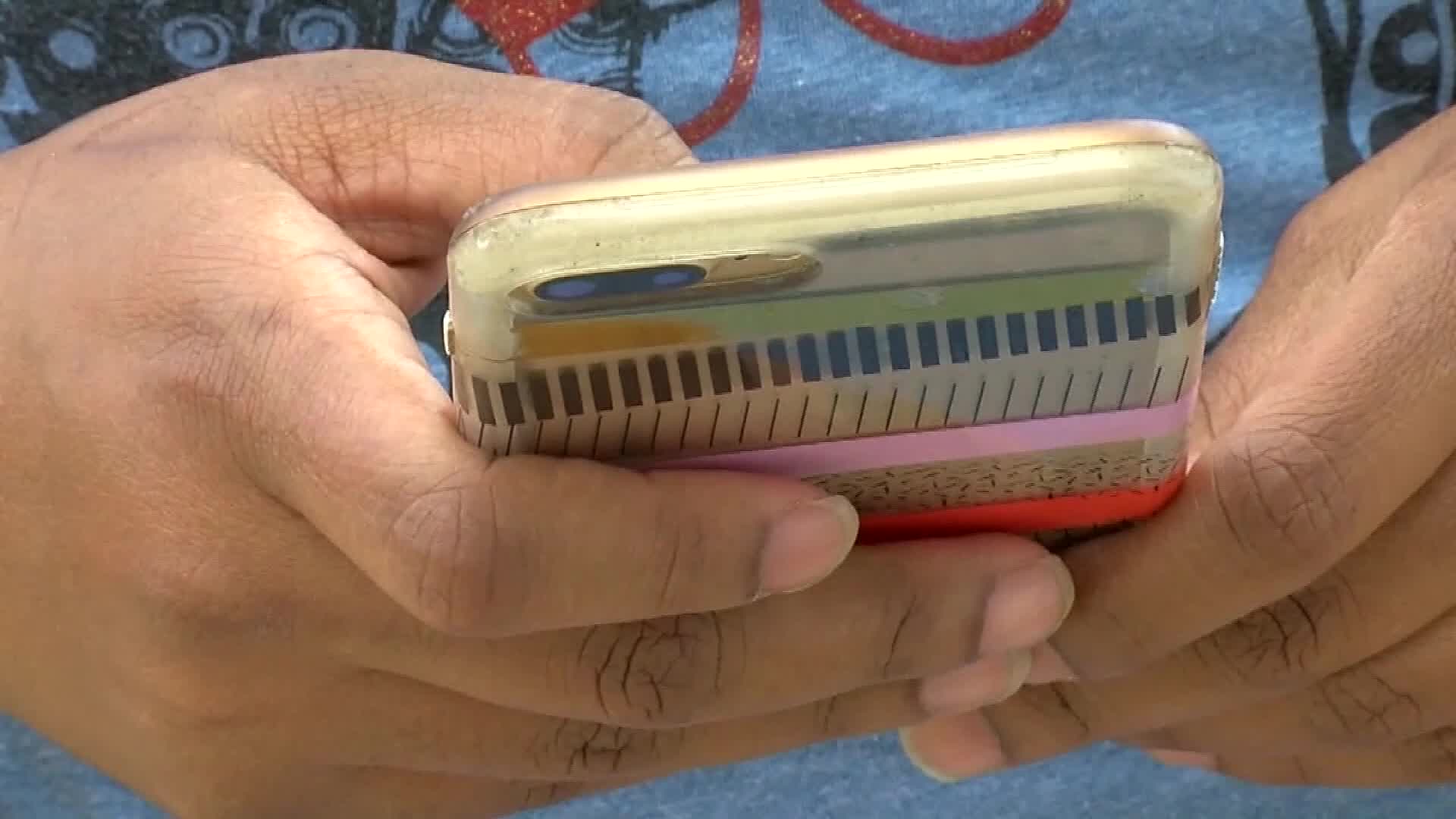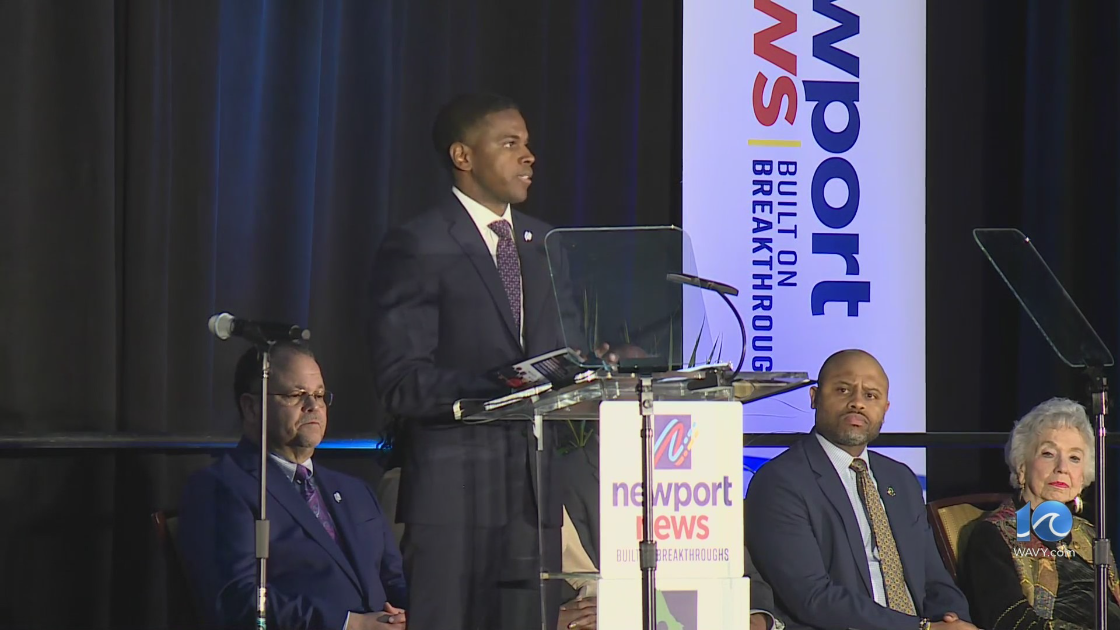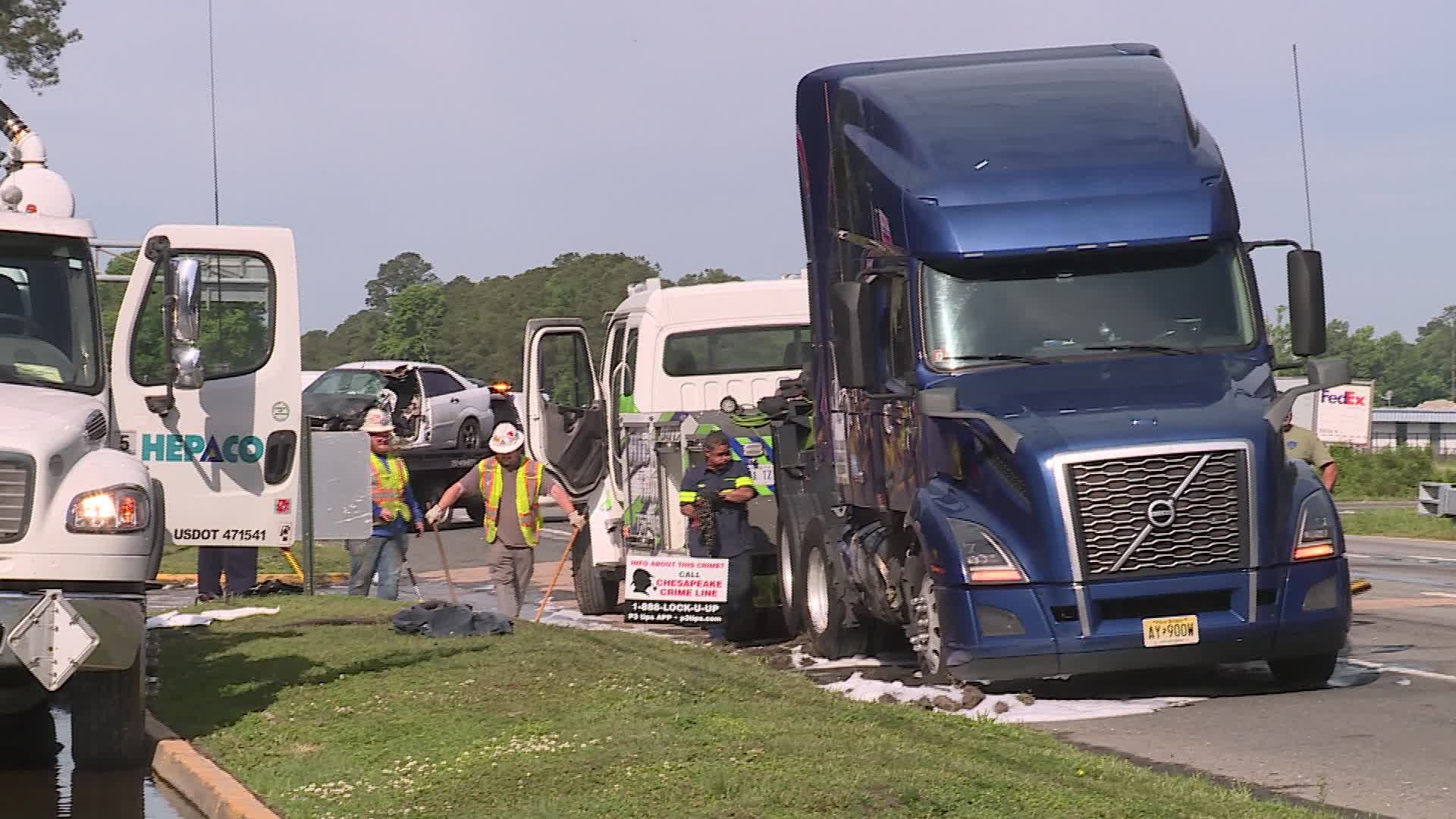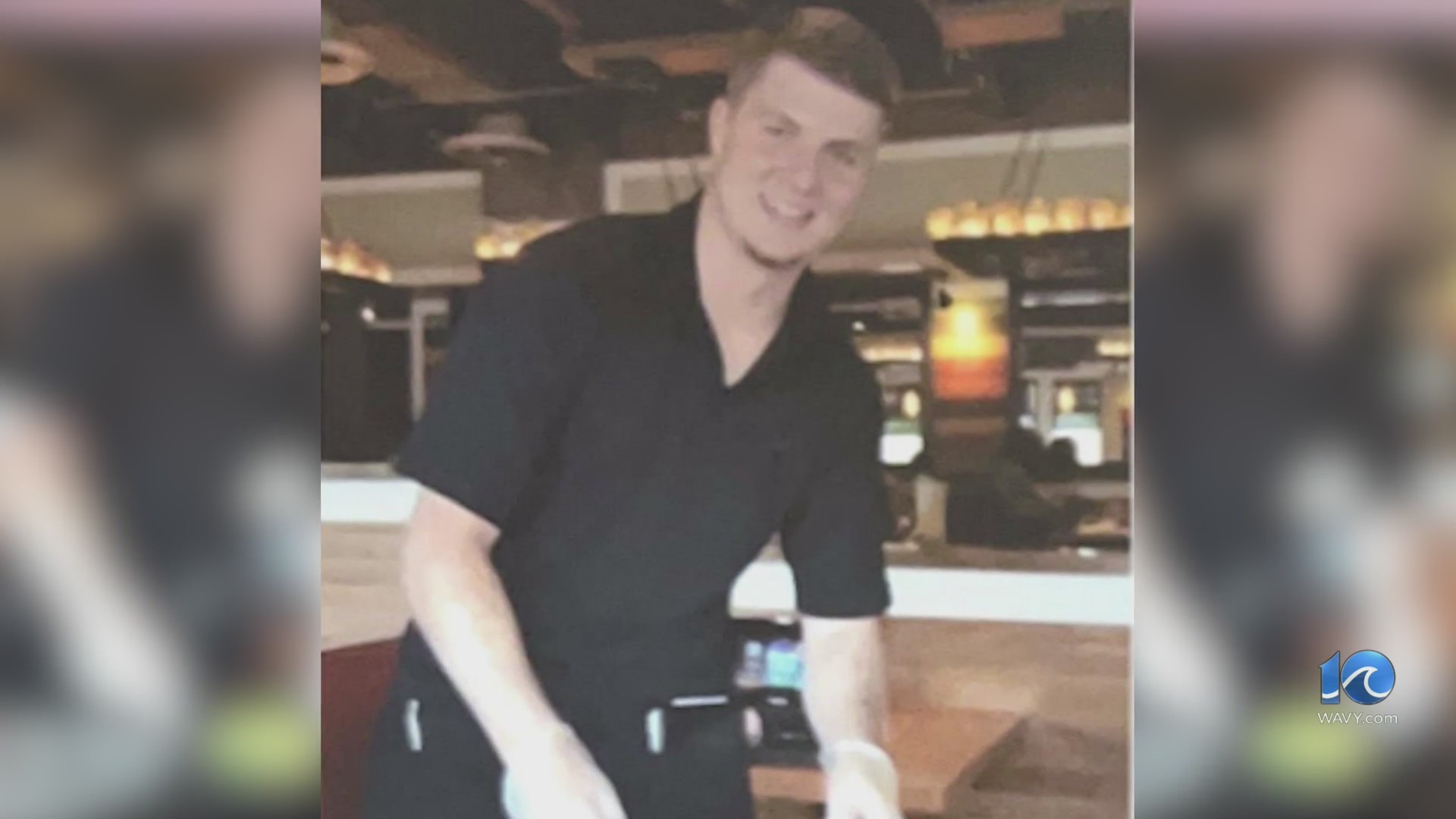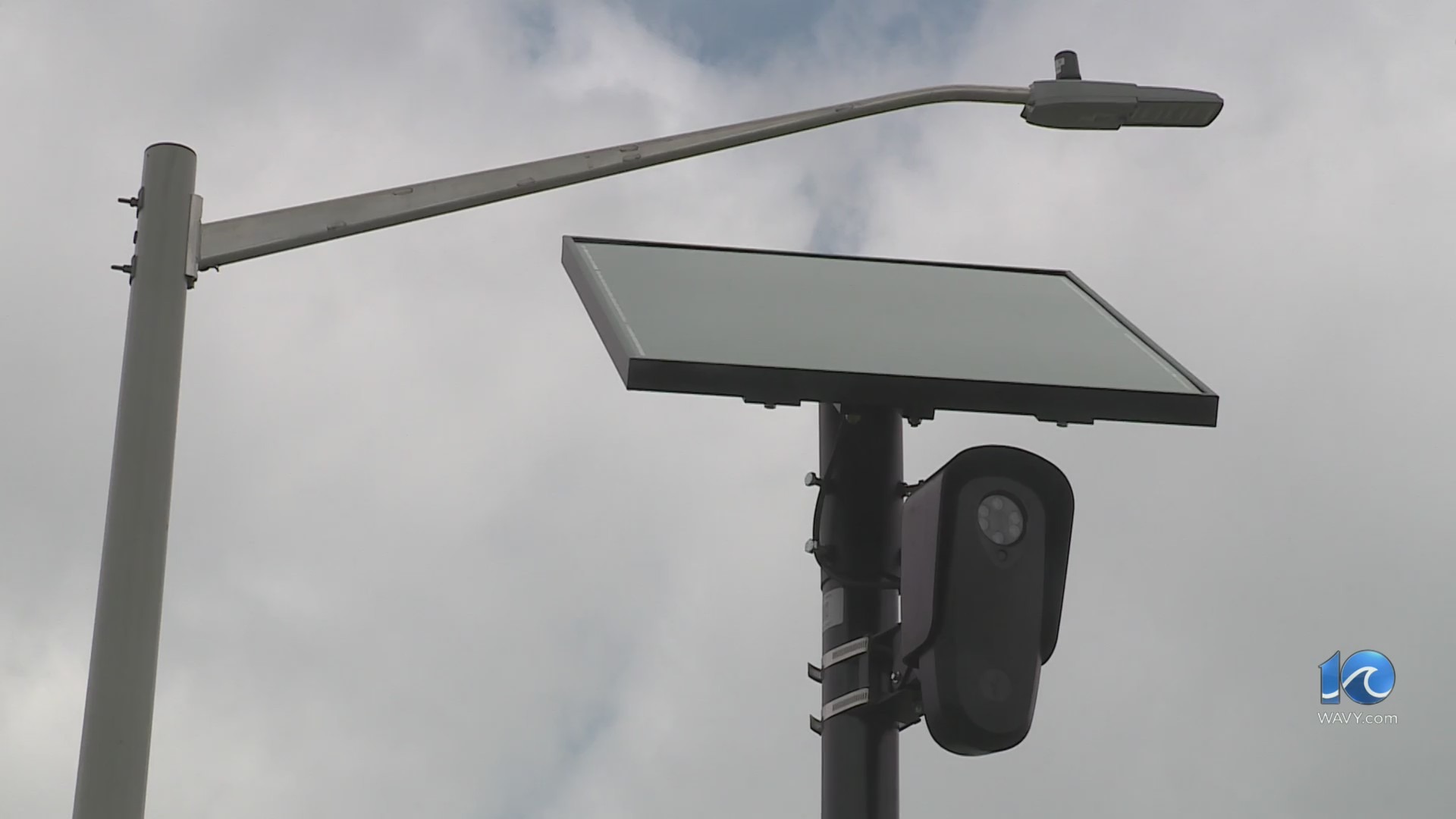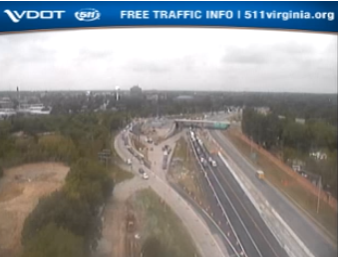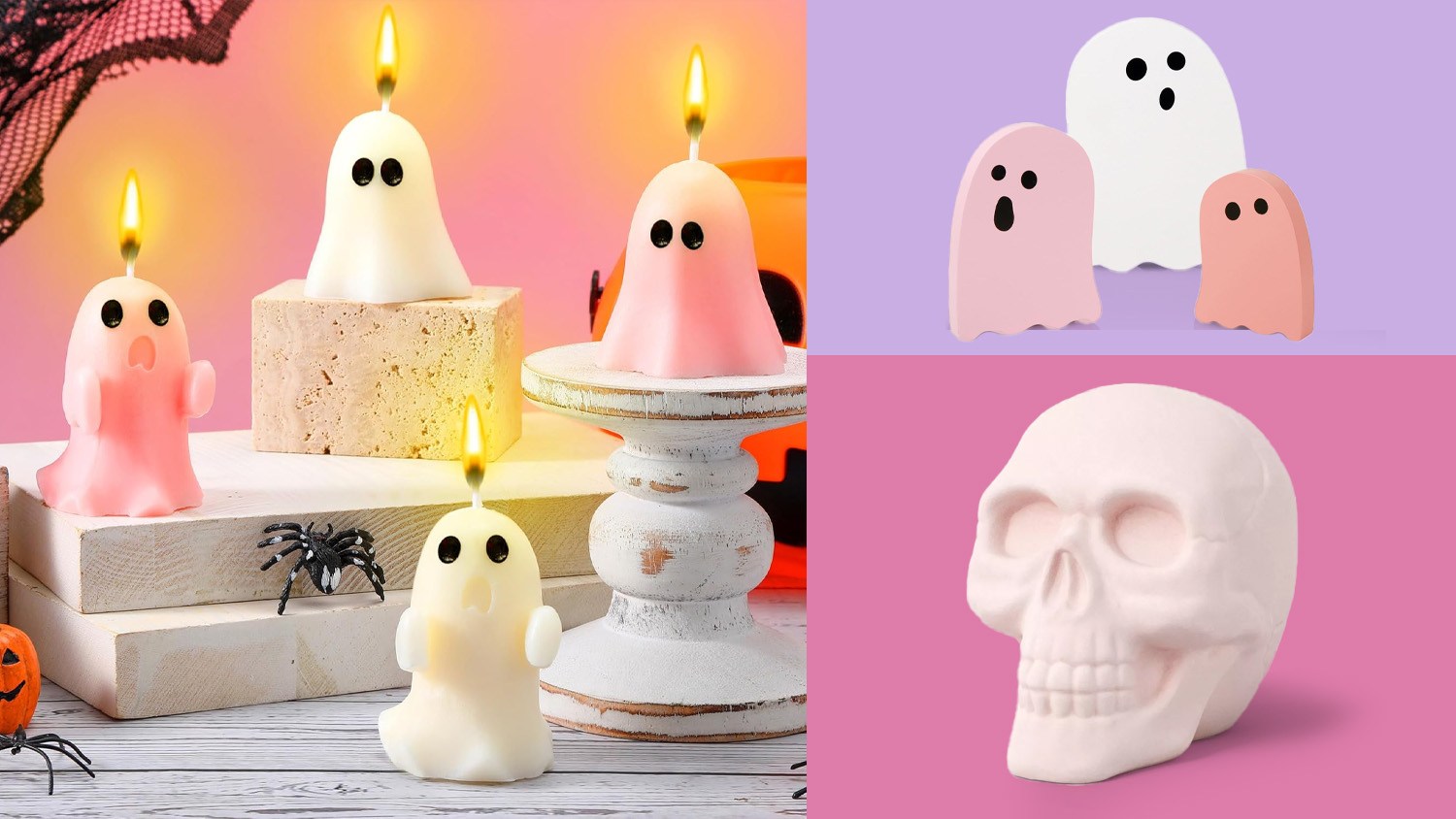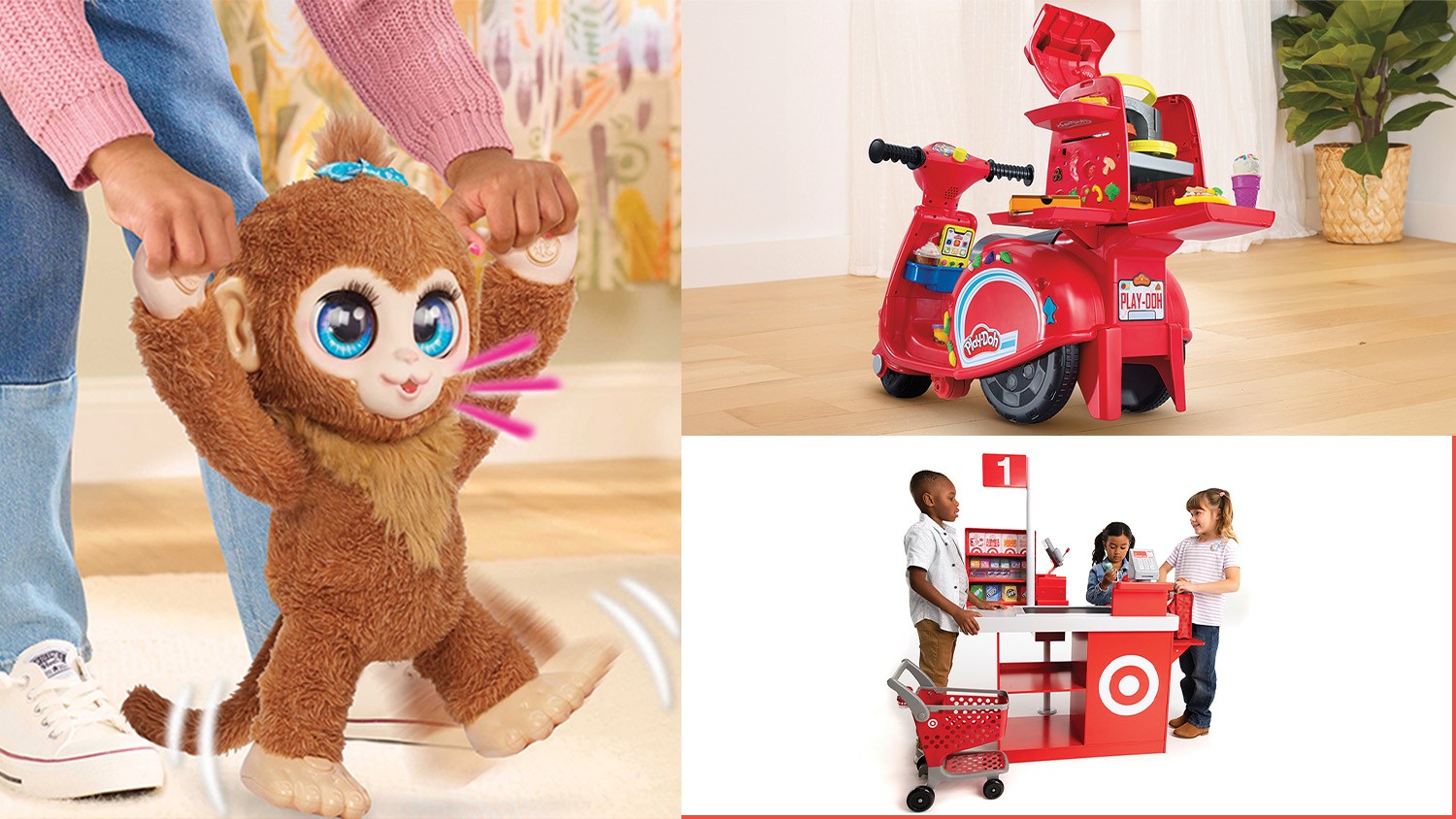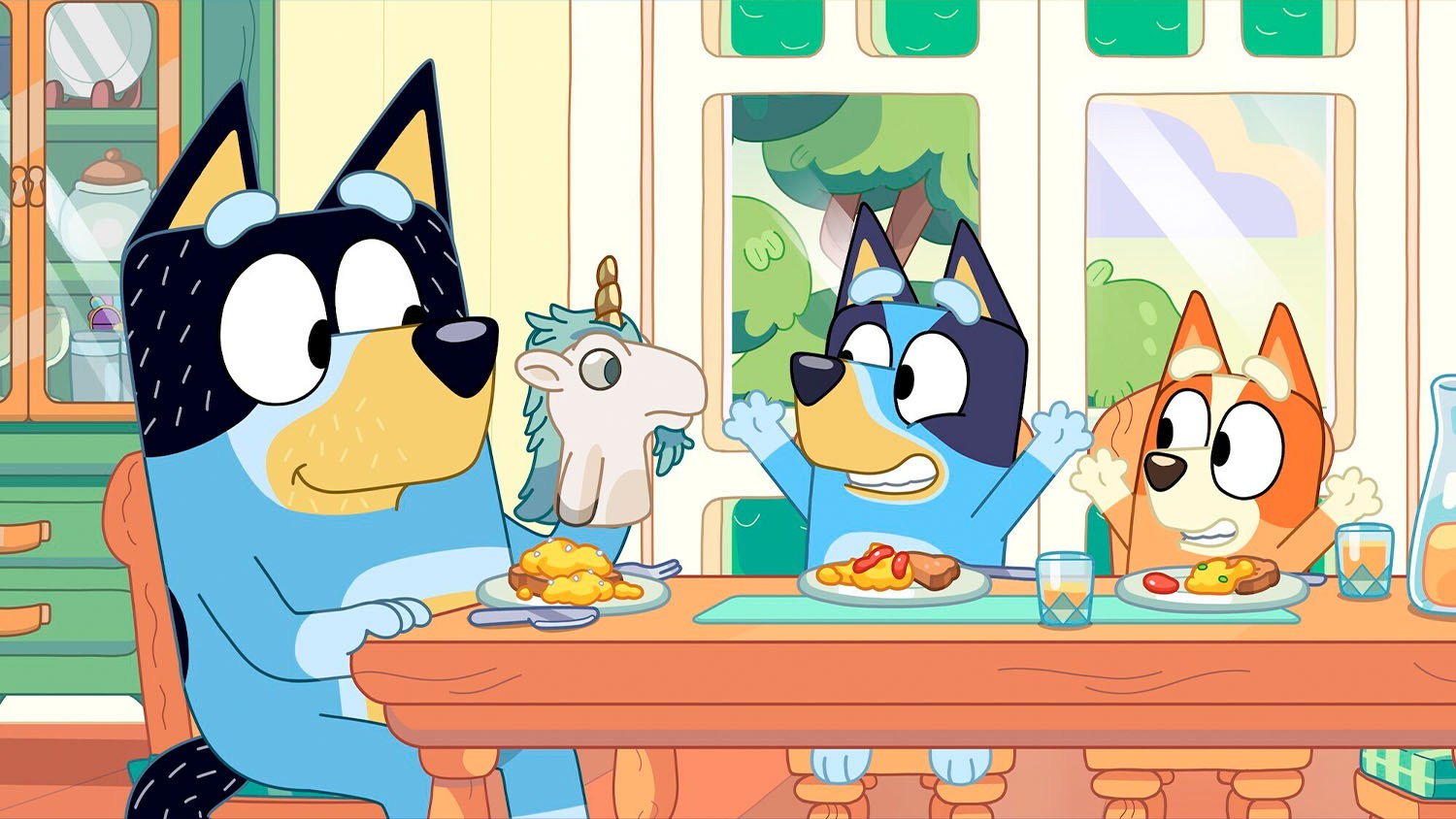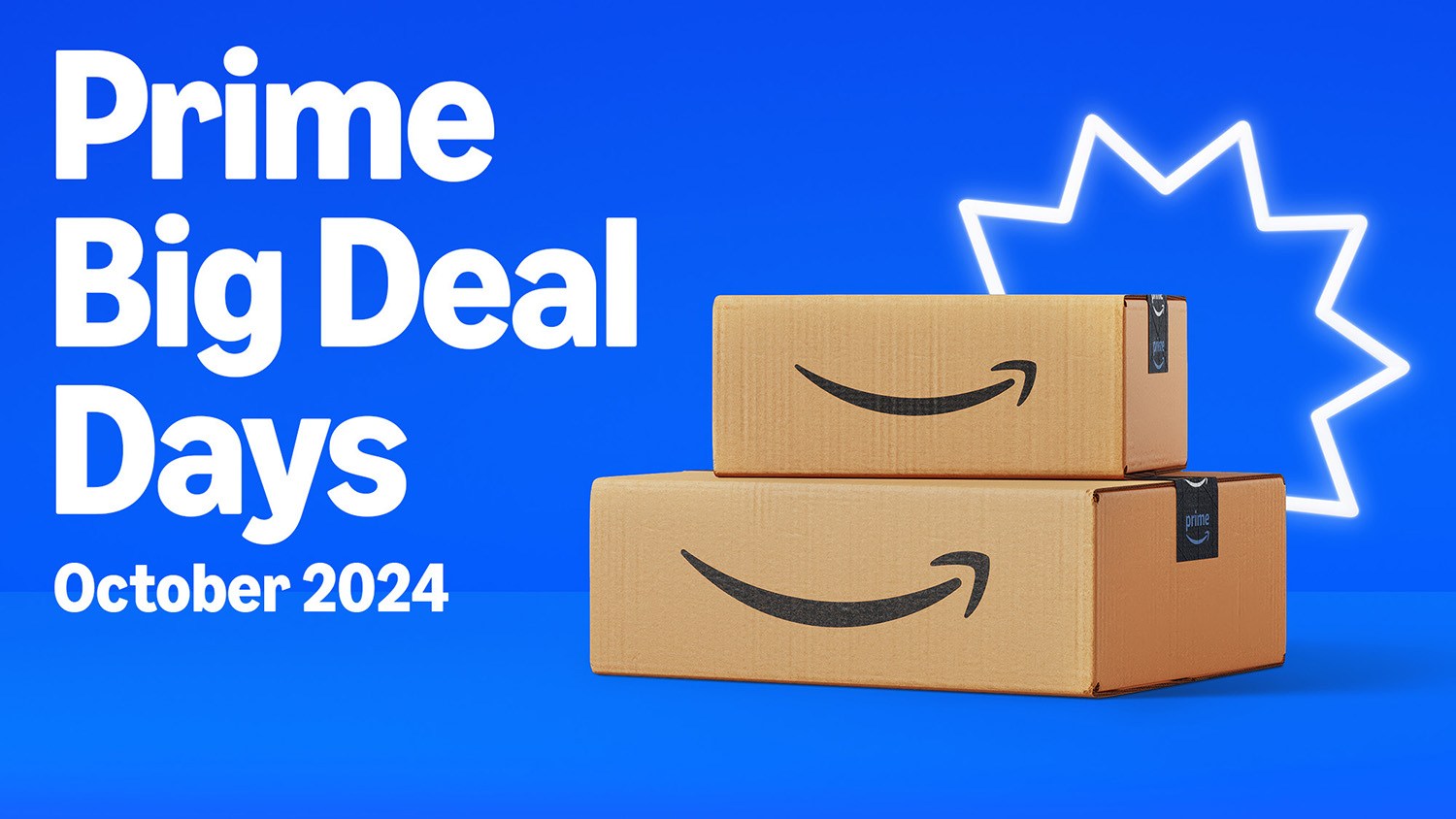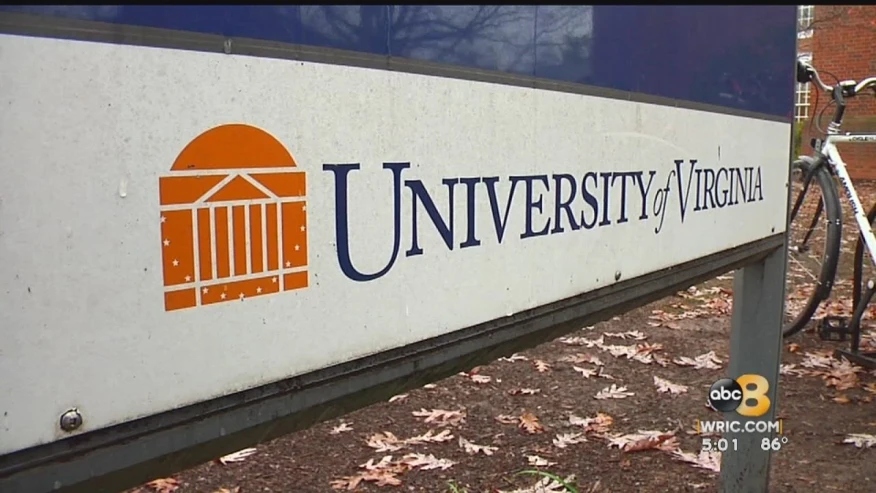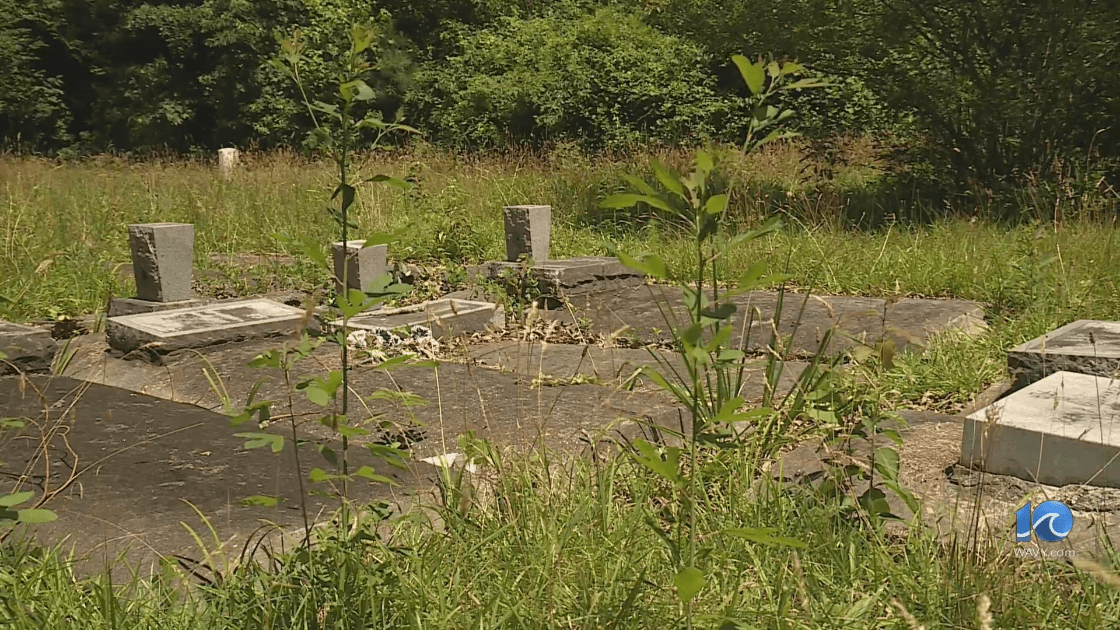PORTSMOUTH, Va. (WAVY) — Much like the coronavirus, mental health disorders don’t discriminate. However, studies show culture and race can affect access to treatment for the virus and treatment for mental health.
The condition collision is on full display this month, Minority Mental Health Awareness Month.
July 2020 has been like no other, with a deadly pandemic, protests over policing in America, unemployment, food insecurity, and widespread fear. The National Alliance on Mental Illness estimates mental illness affects 15% of Asian adults, 16% of Black adults, and 17% of Latinx adults.
To sound the alarm, the Alliance’s Minority Outreach Committee this month adopted a different approach to reach minorities. A virtual conversation via Zoom teleconferencing didn’t feature PhDs and MDs who are experts on mental health. Instead, a reporter, a preacher, and a politician served as panelists for NAMI’S Critical Conversations in Minority Mental Health.
Elena Schexnider, Chair of the Outreach Committee, says the unique approach is needed to reach the minority community.
“We wanted people like pastor [Terron] Rodgers from The Mount to provide his insight on the correlation between the stigma in the Black community with mental health and what we can do about it and yourself [Regina Mobley], as well as somebody who is prominent in the media how that impacts peoples perceptions of mental health as well.”
Virginia Beach City Councilman Aaron Rouse, who is a former NFL player, rounded out the panel.
“We wanted him because of protests and riots, and with the importance of changing legislation for mental health, we thought that having him would provide a really different and interesting perspective,” Schexnider said.
The panelists offered heartfelt and personal reflections on how mental illness, social ills, and decades of disparities have affected the minority community.
The politician: “I grew up in a single-parent household. My mother raised four of us by herself, my father is currently incarcerated, he’s been in jail for quite some time now,” Rouse said. “I never saw the elected officials who make the decisions about the allocation of resources that really can help a community thrive or keep a community disadvantaged.”
The preacher: “The reality is we are mind, body, soul, and spirit — so not only do we have to deal with the spiritual issues, the reality is there are somethings that just can’t be prayed away,” Rodgers said. “I believe in the power of prayer. I believe that prayers change things, I believe that we can go to God and God can move things on our behalf. I also believe that there are moments when we really need to see counseling from those who have been trained to so to do.”
The reporter shared stories about how the crack cocaine epidemic of the 1980s and ’90s destroyed entire communities in Hampton Roads.
“The stories remain untold on how many men, women, and children fell through the cracks because of mental health disorders that were never diagnosed or treated. This is the story that we need to tell today,” Mobley said.
Because the Saturday morning critical conversation generated NAMI’S largest virtual audience to date, the organization plans to offer more similar community conversations in the future.
“We decided that we would like to have these critical conversations on a quarterly basis because we had such a huge turnout — we didn’t get to speak about policing and mental health and to think that’s something a lot of people are interested in. A big part of it again is getting the conversation started; we will be following up with people regarding questions. We had 181 people who signed up, who registered, so we had 181 [questions] that we are going to go through and answer individually because we want everybody to feel that their voices are heard,” said Schexnider.
To view the entire virtual conversation and learn more about resources, head to https://www.namicoastalvirginia.org/.


















































